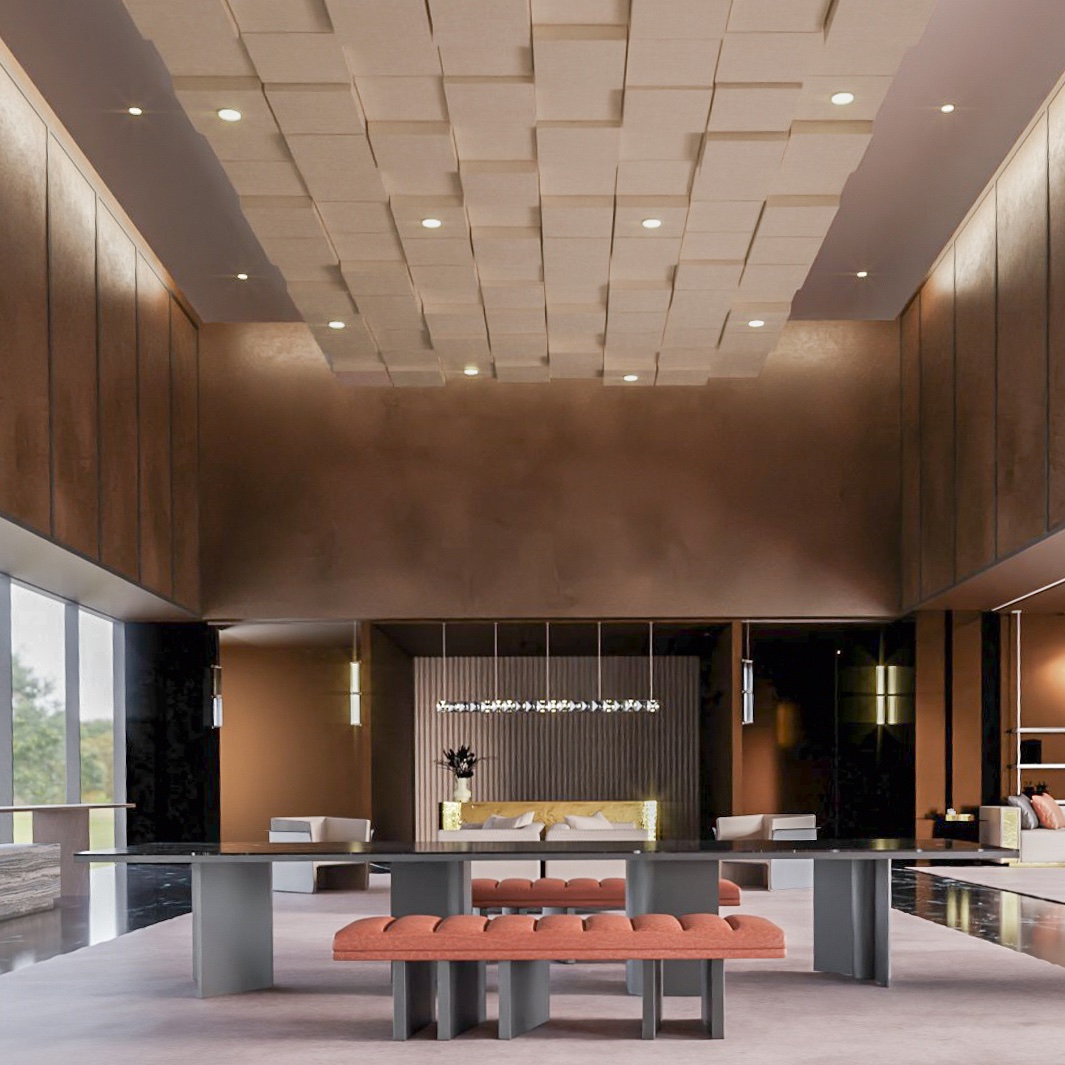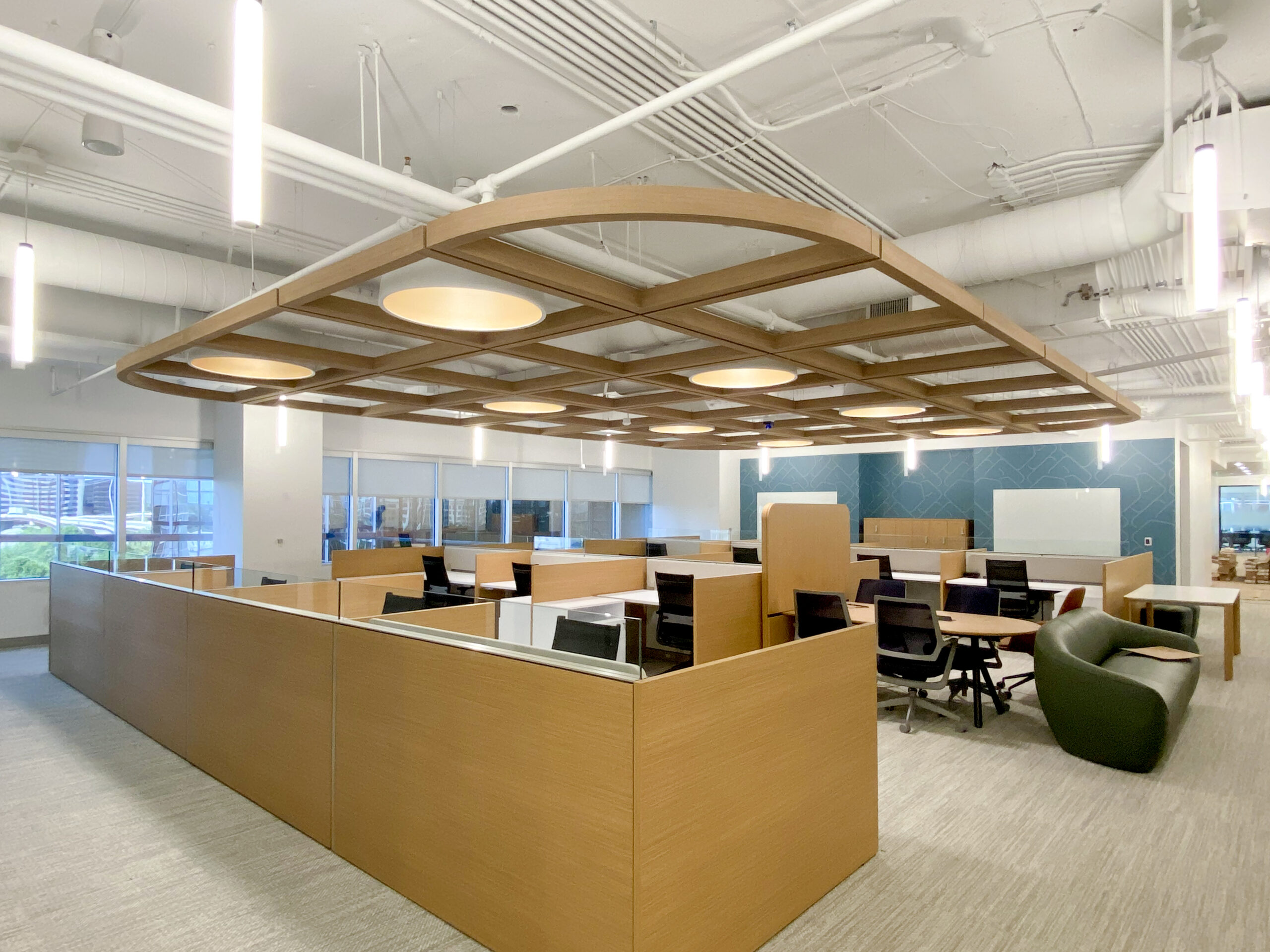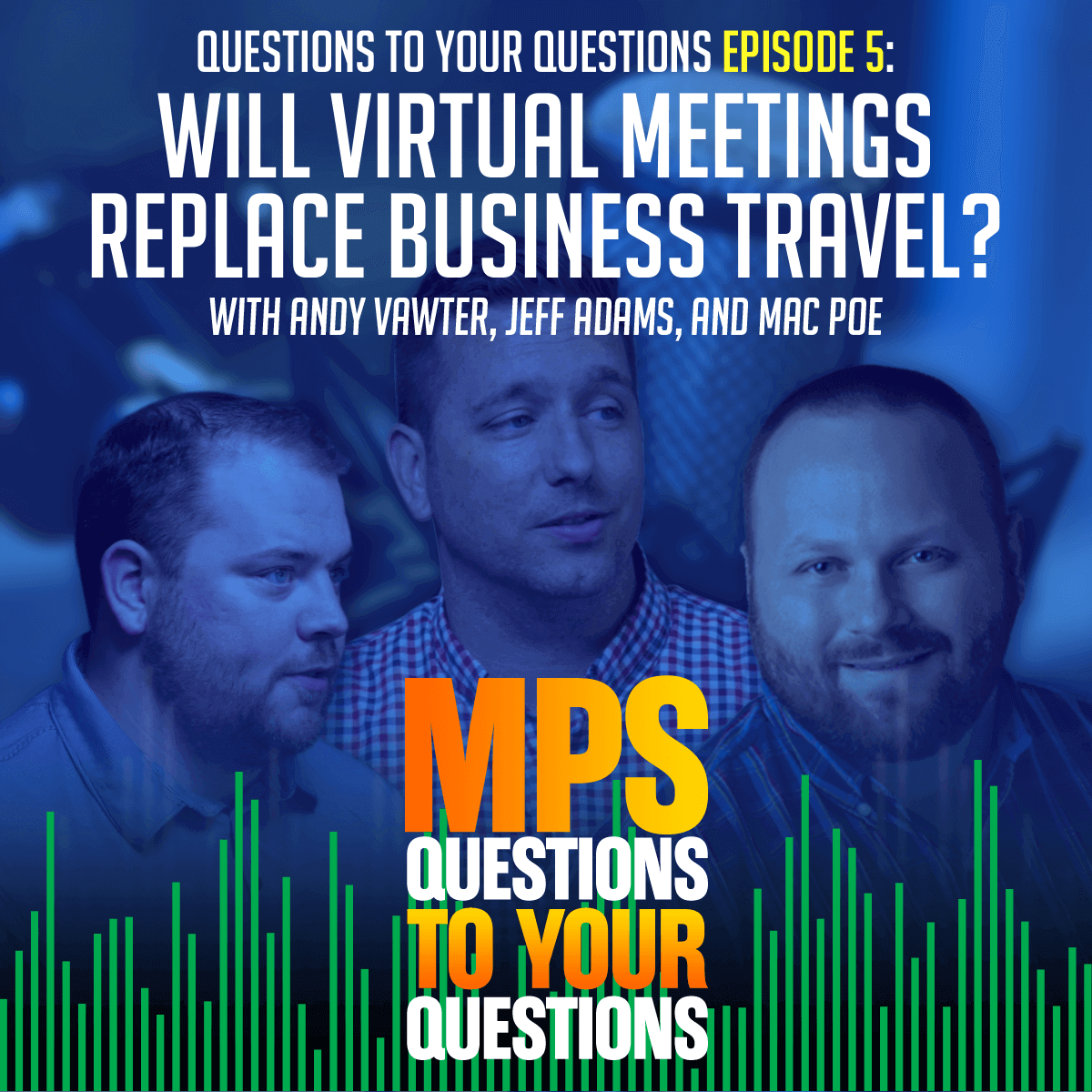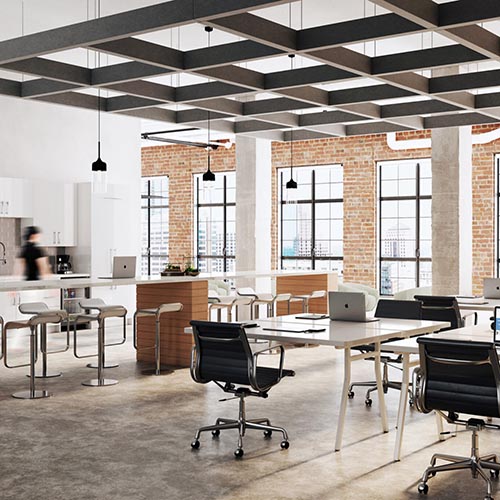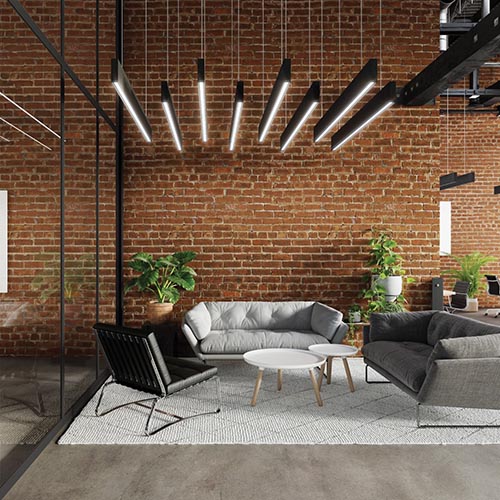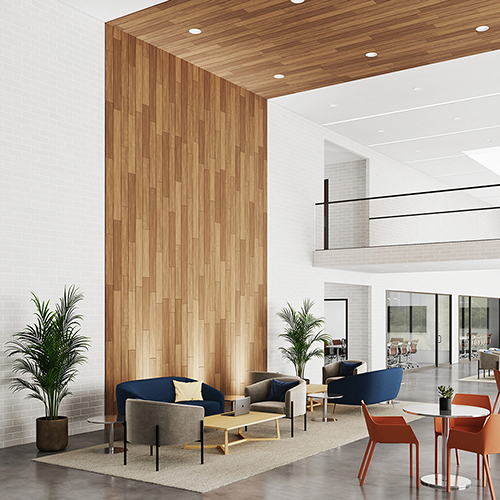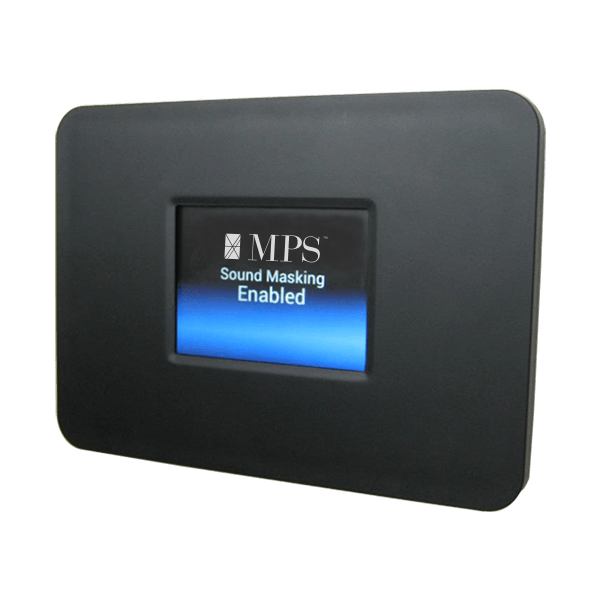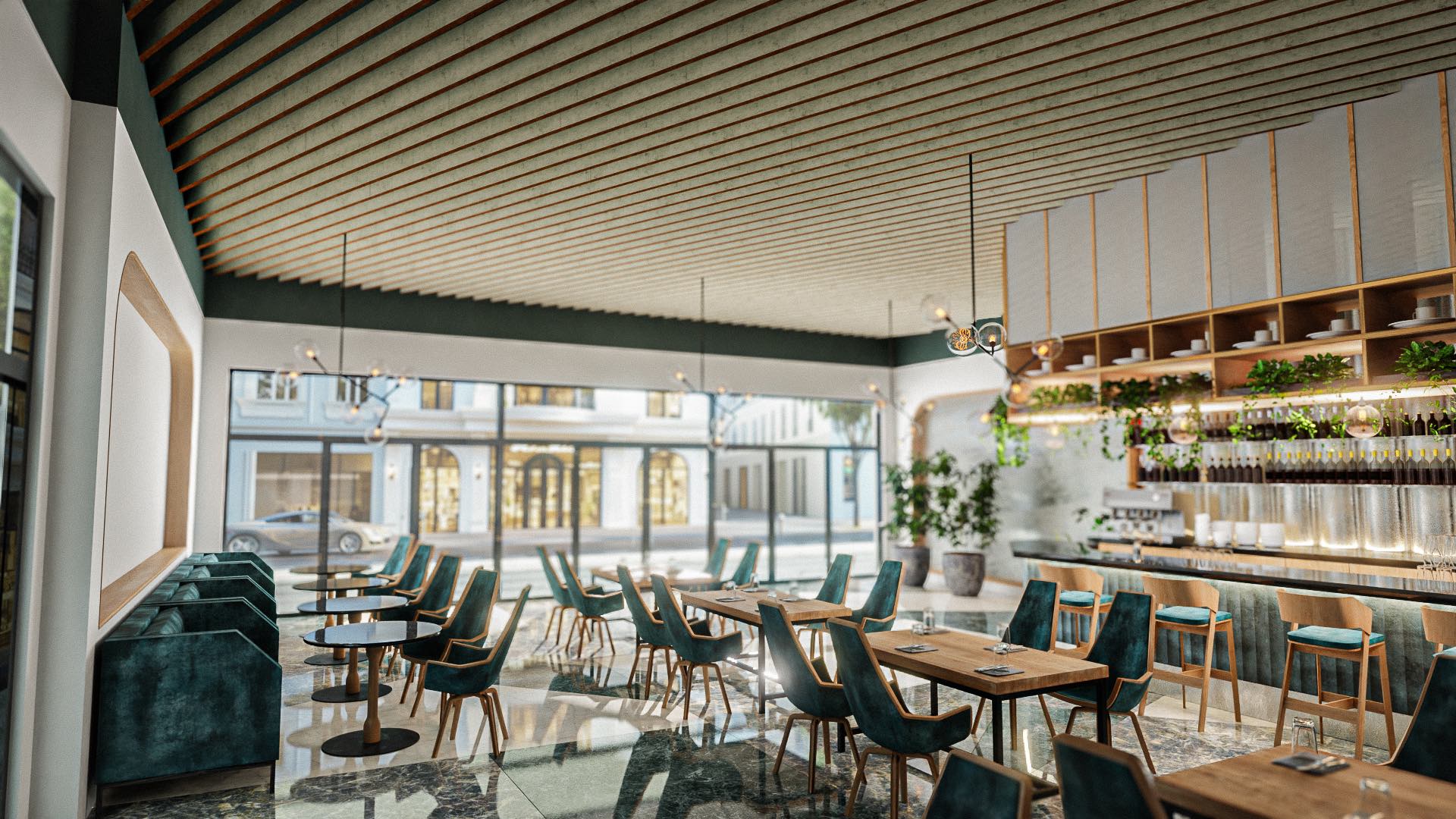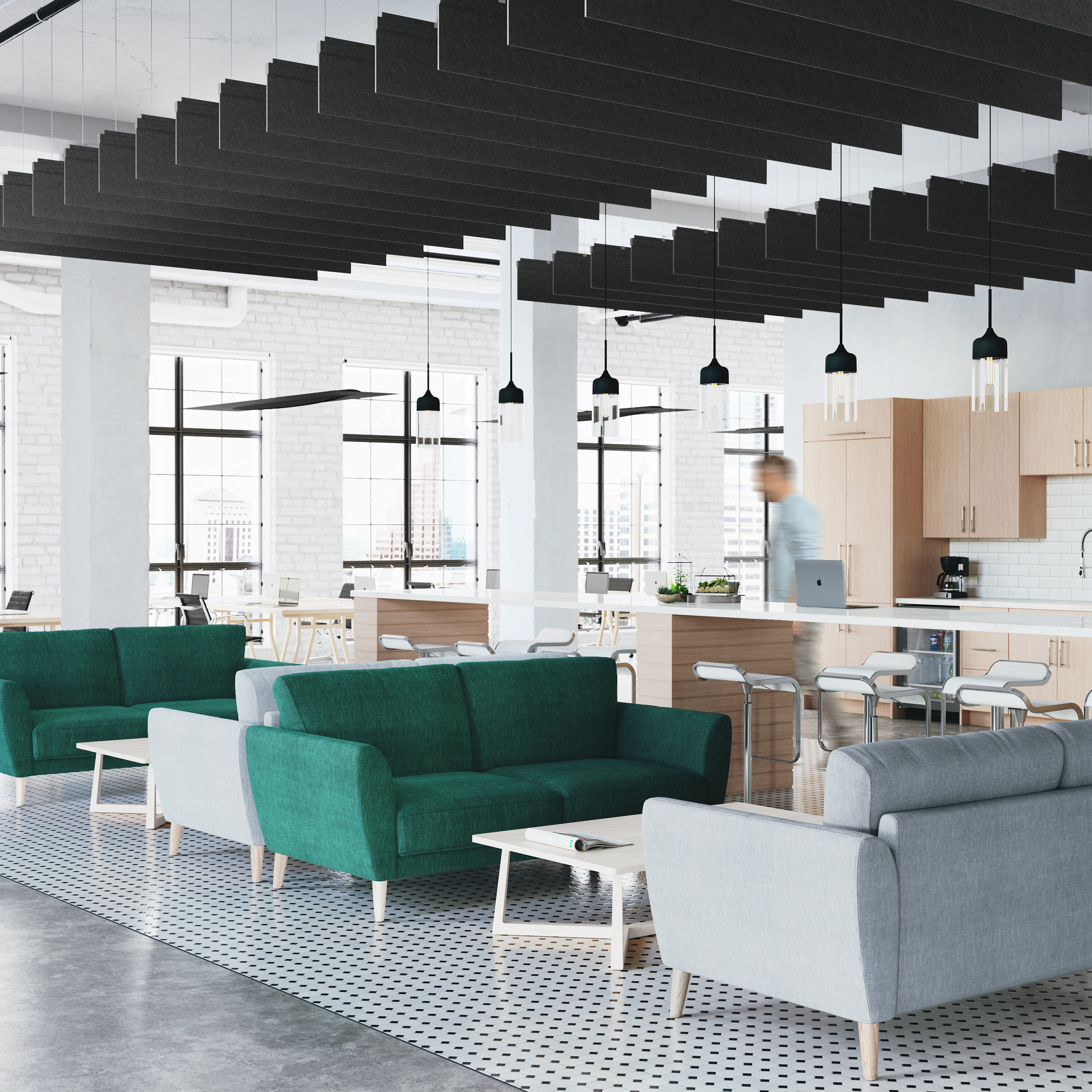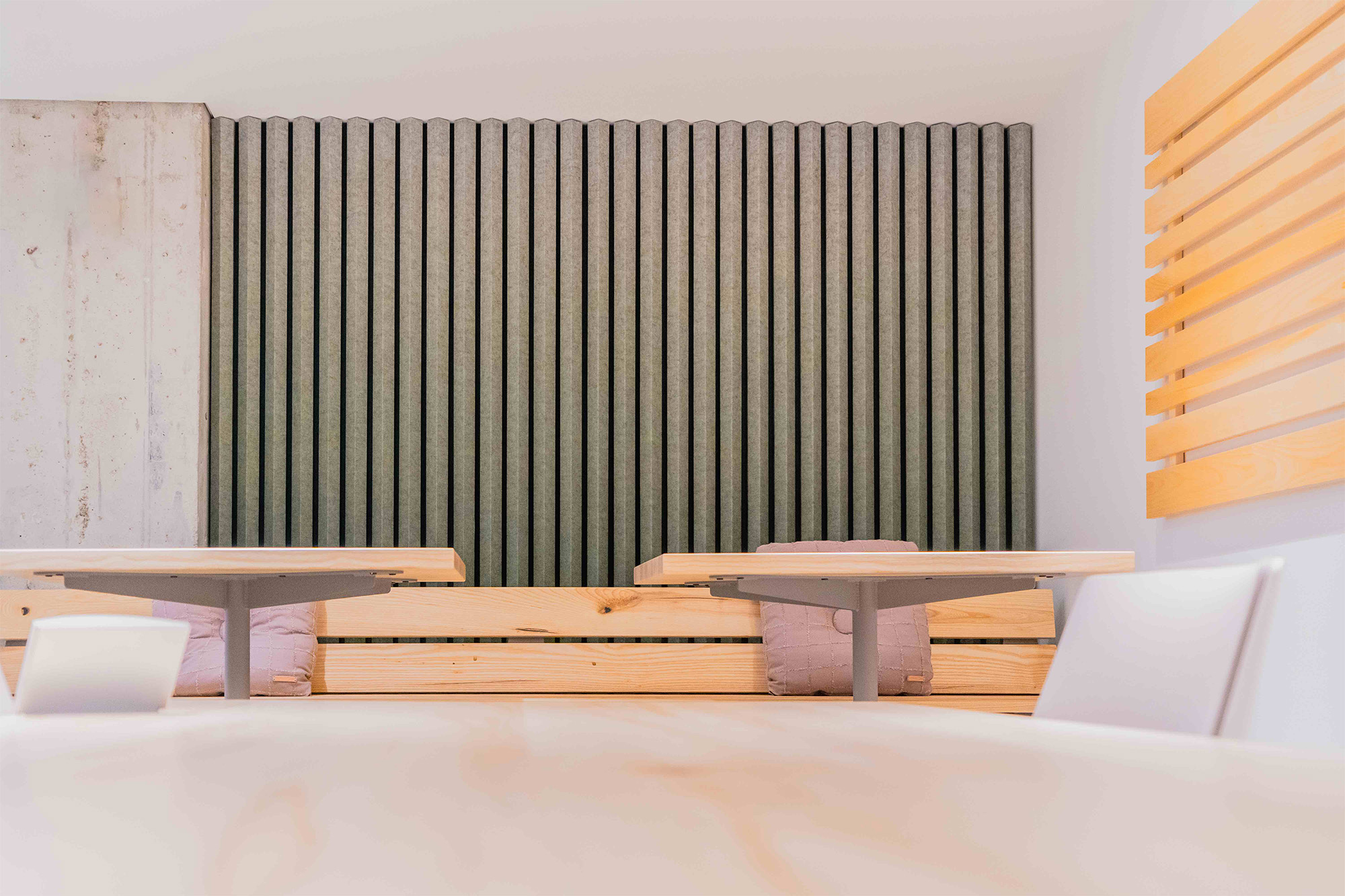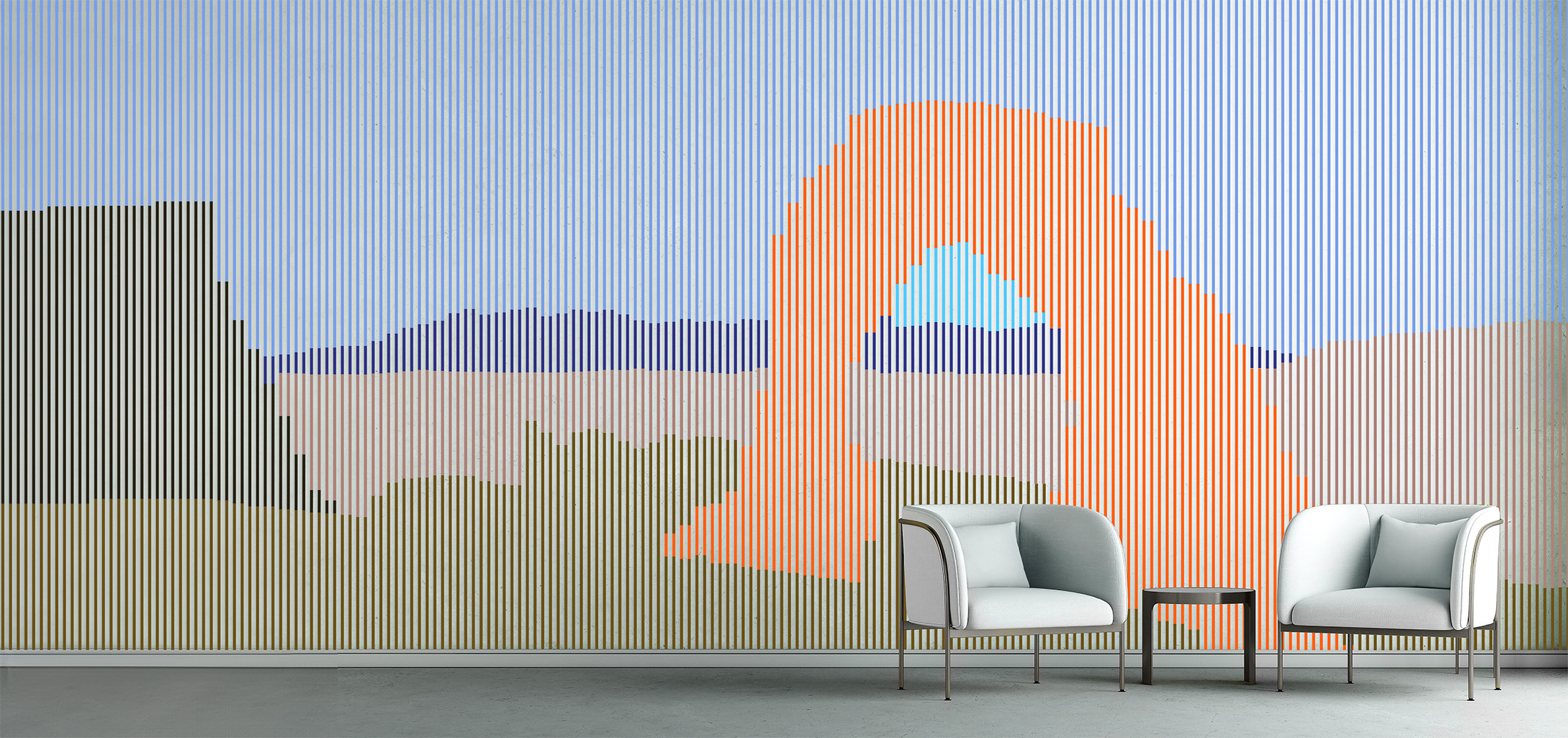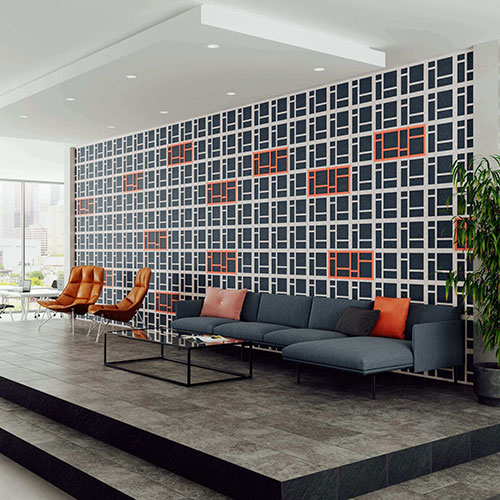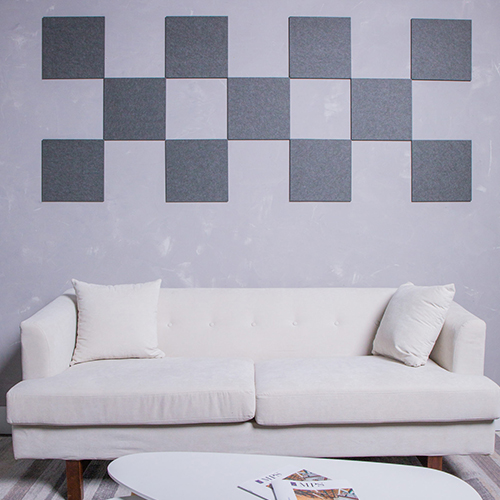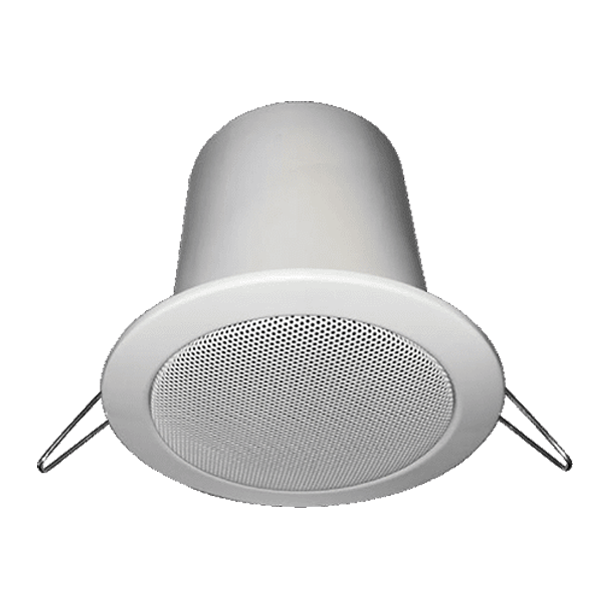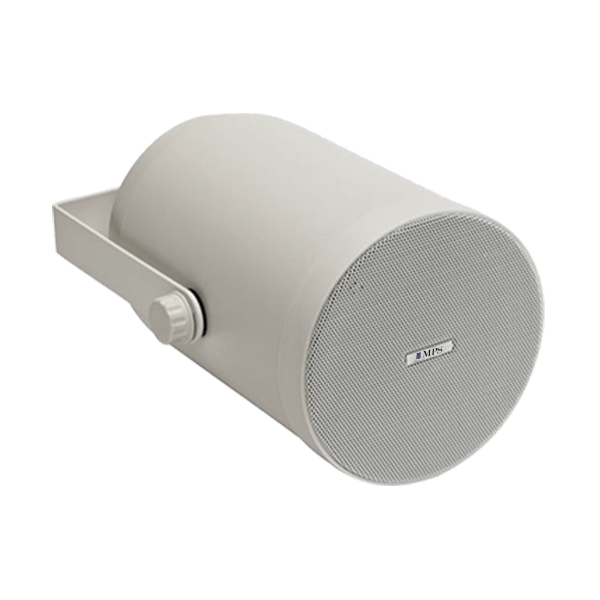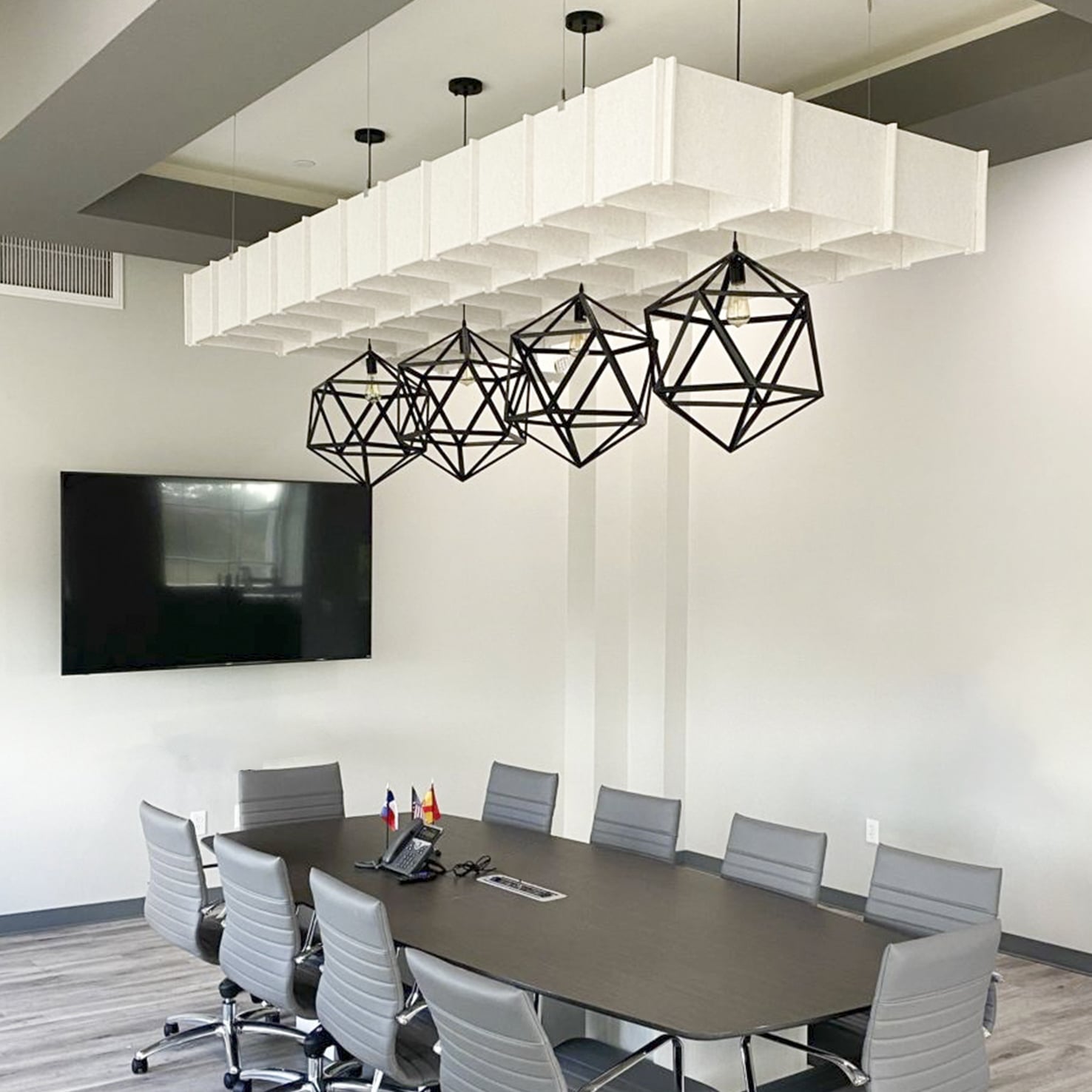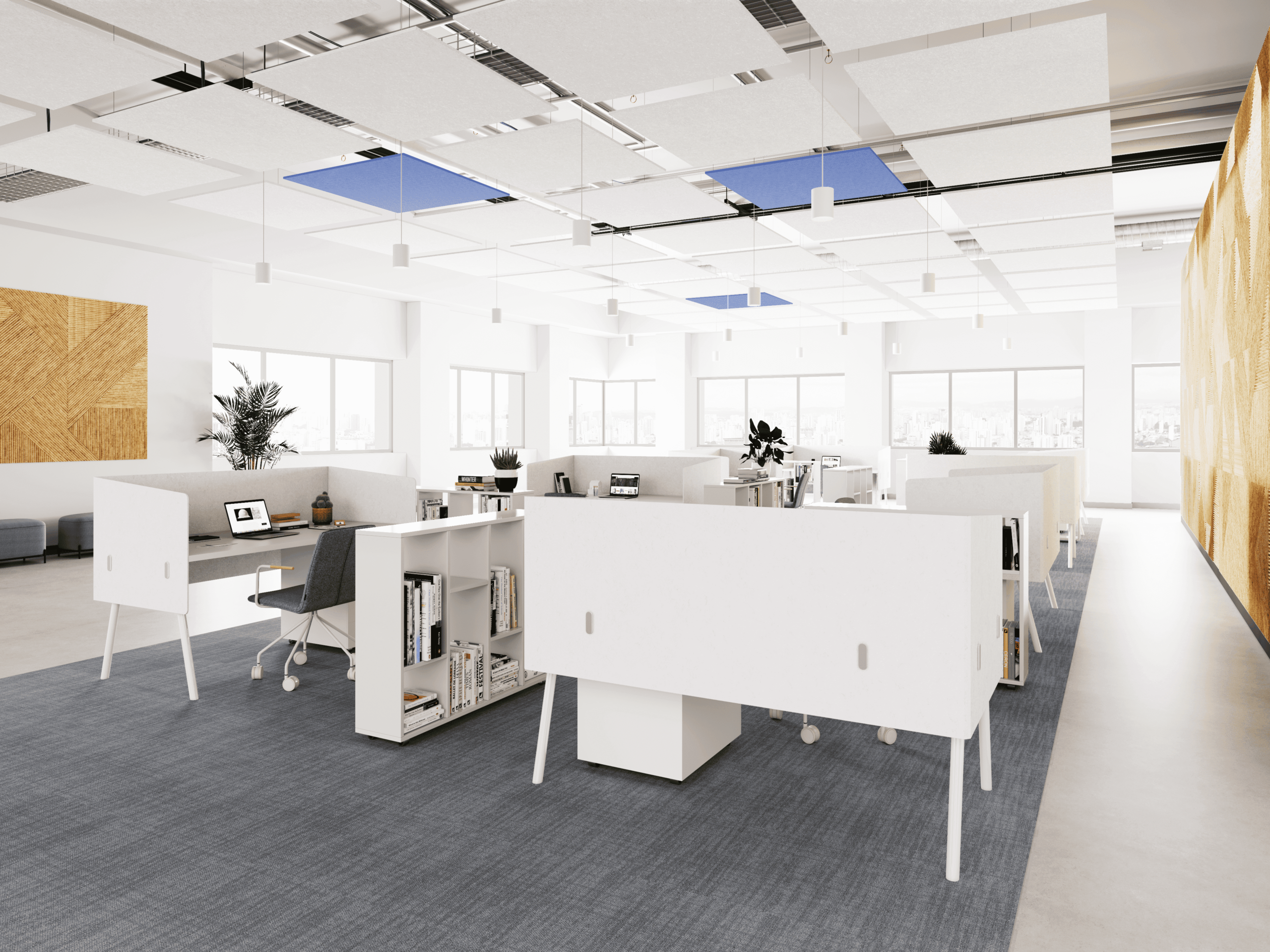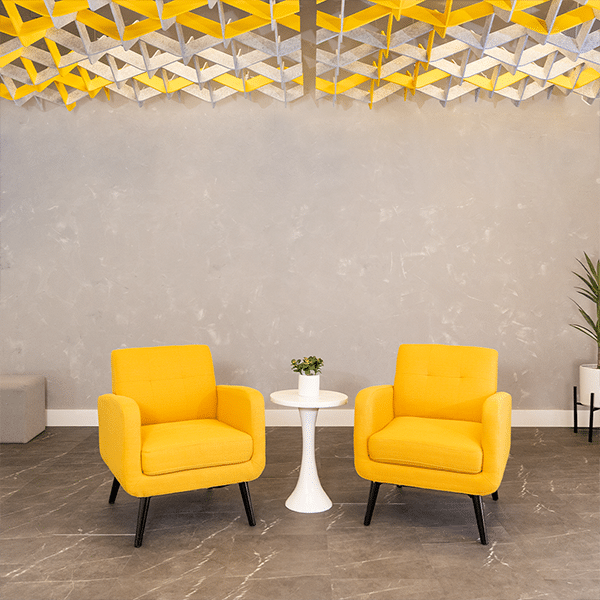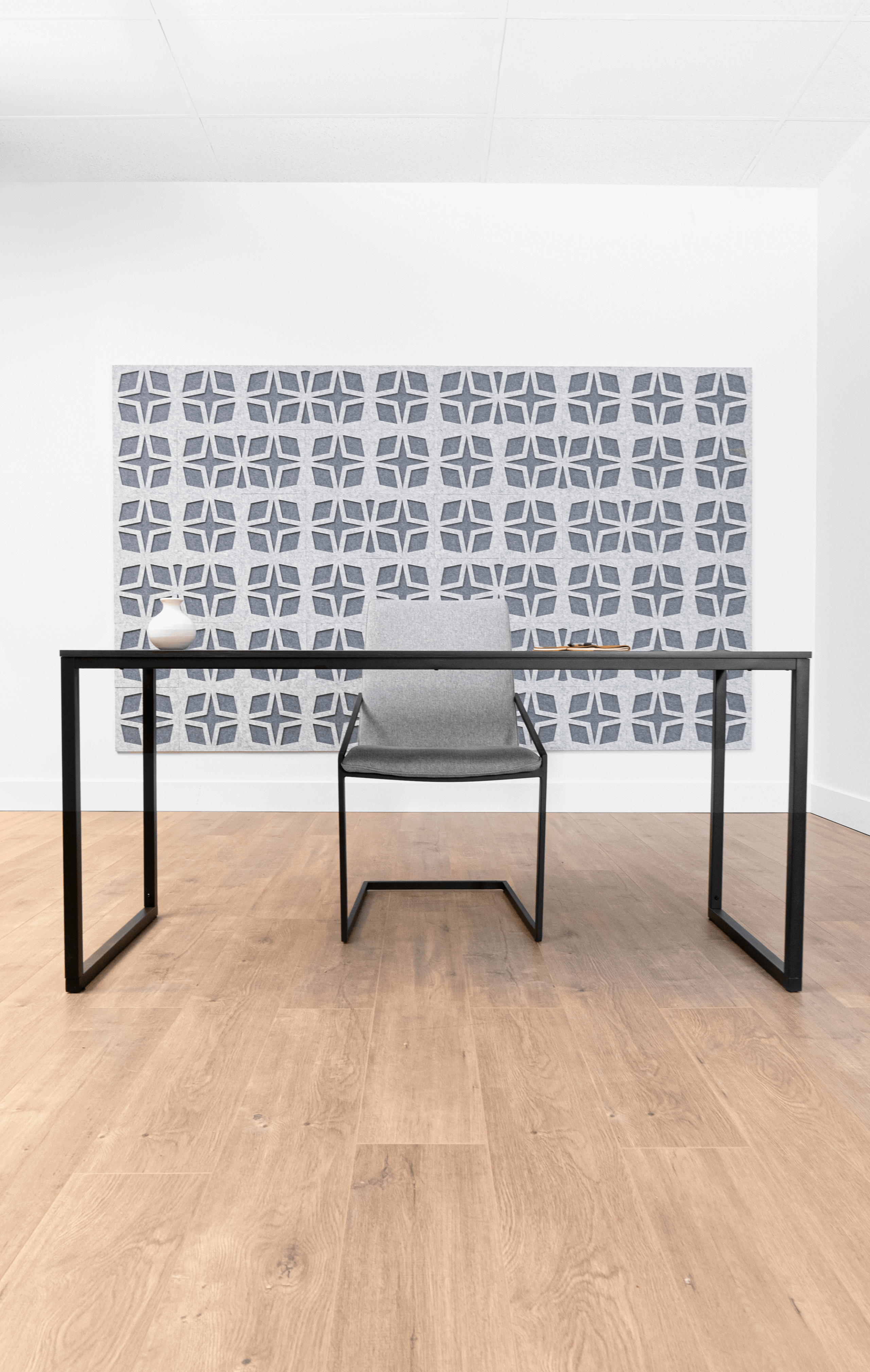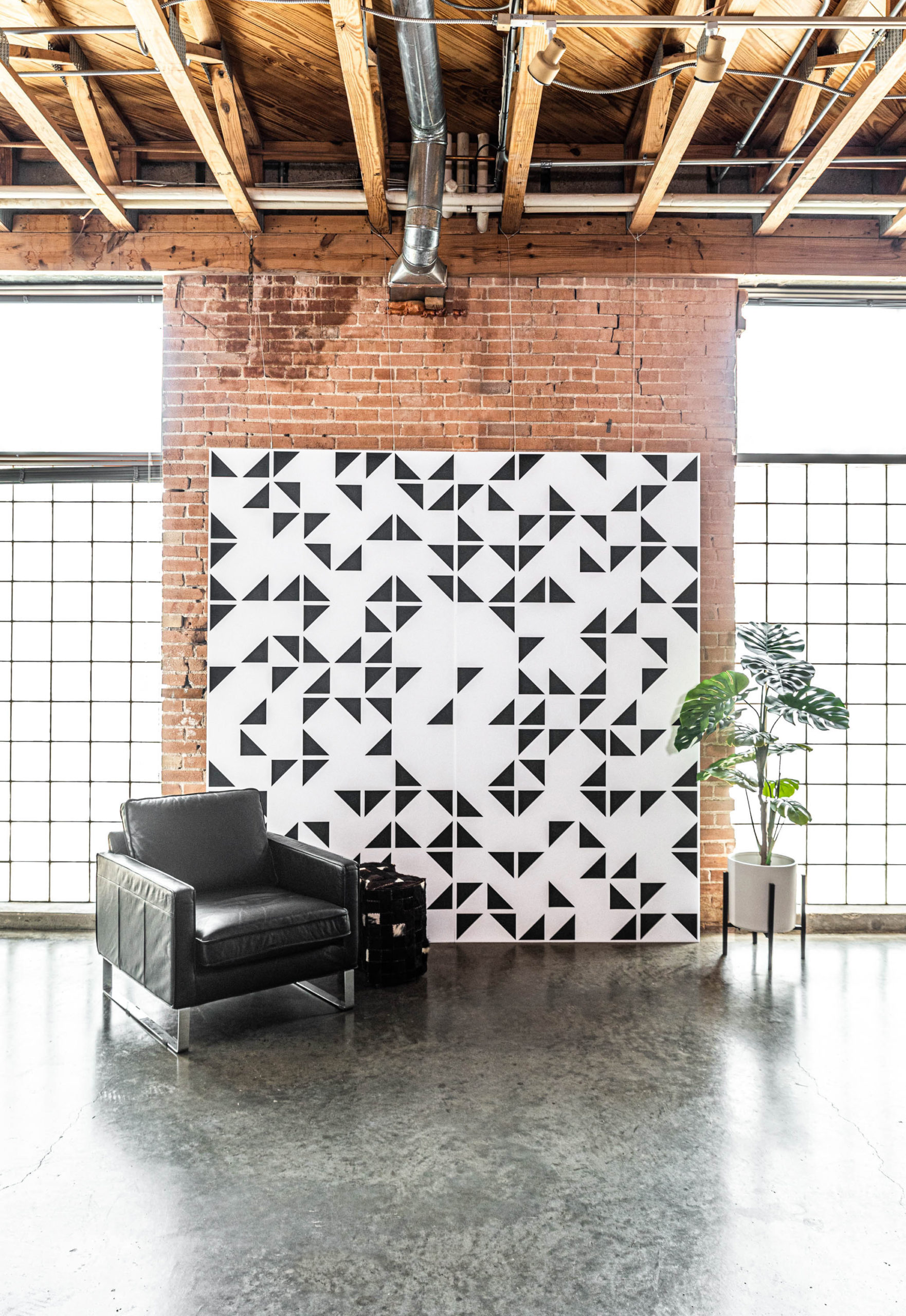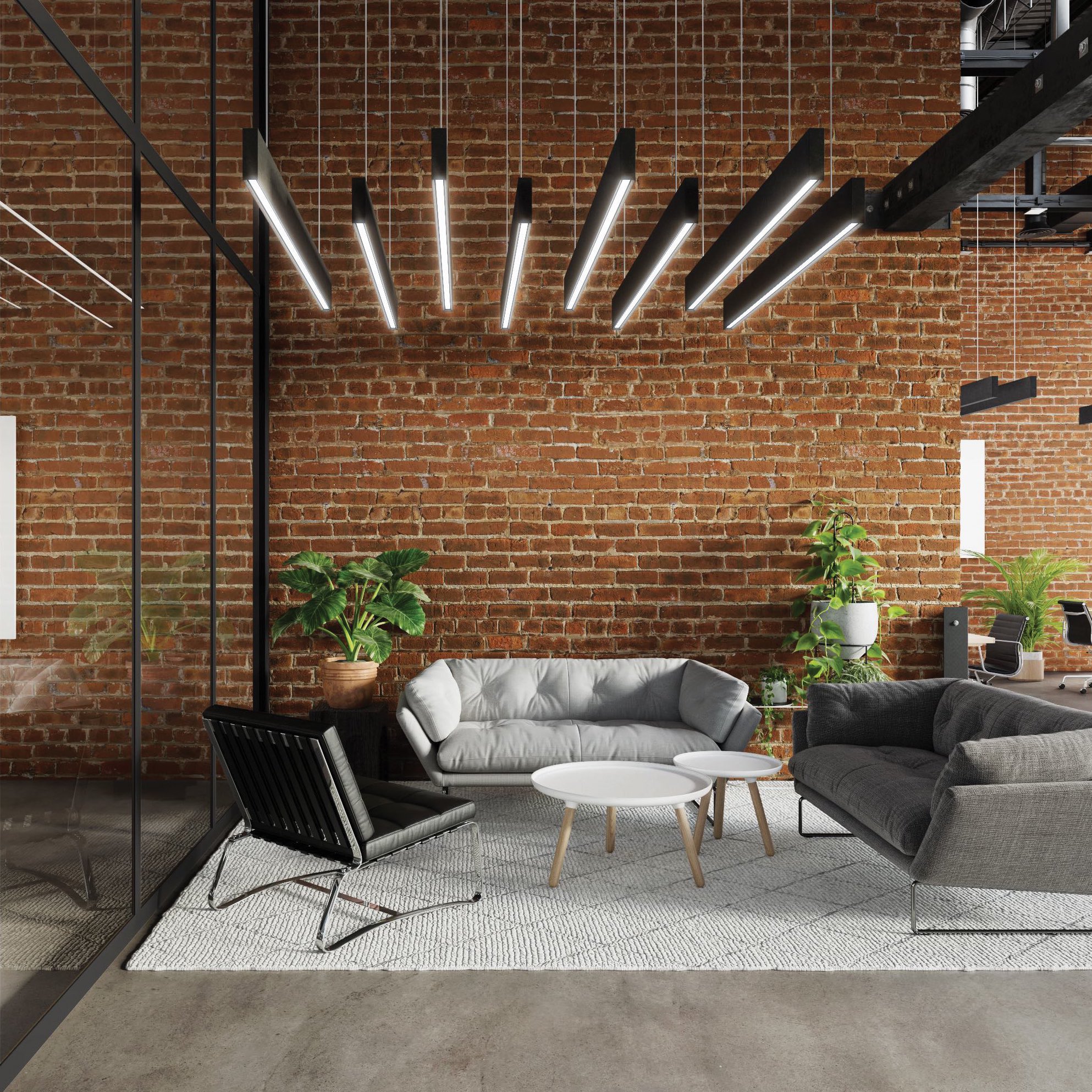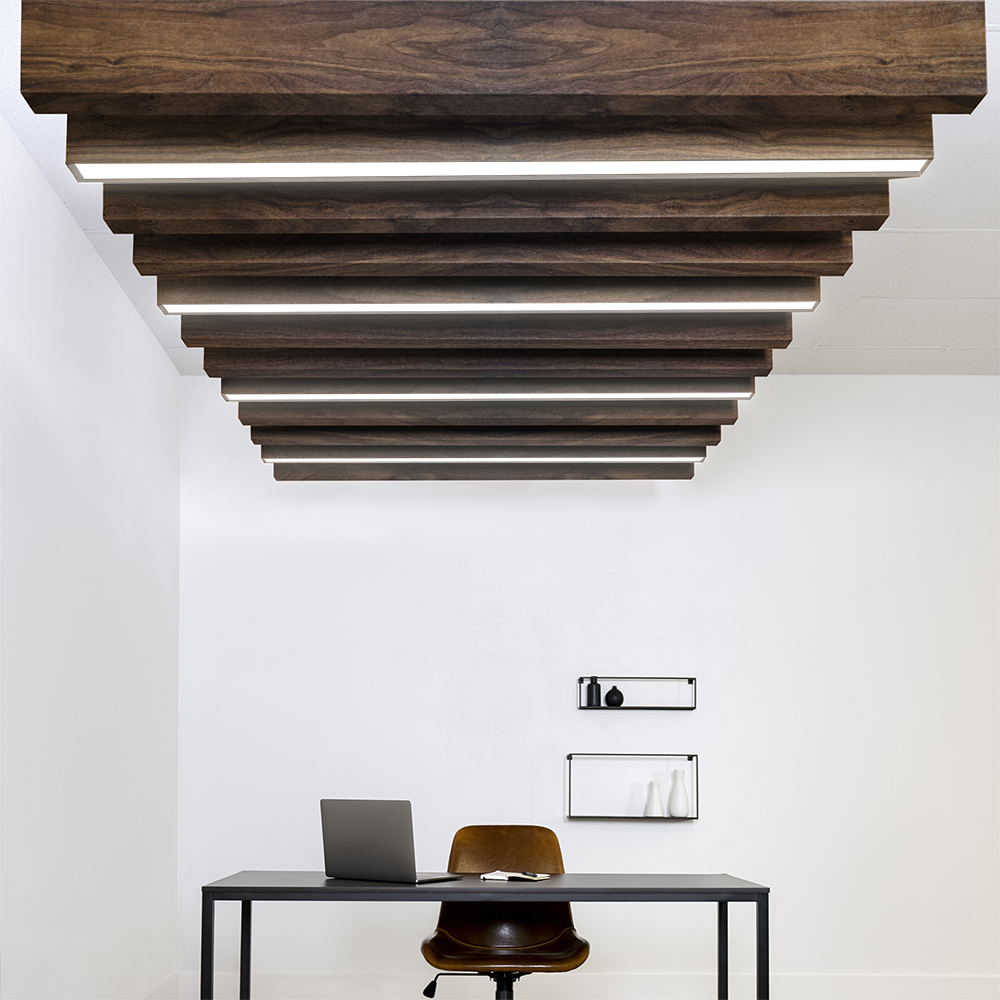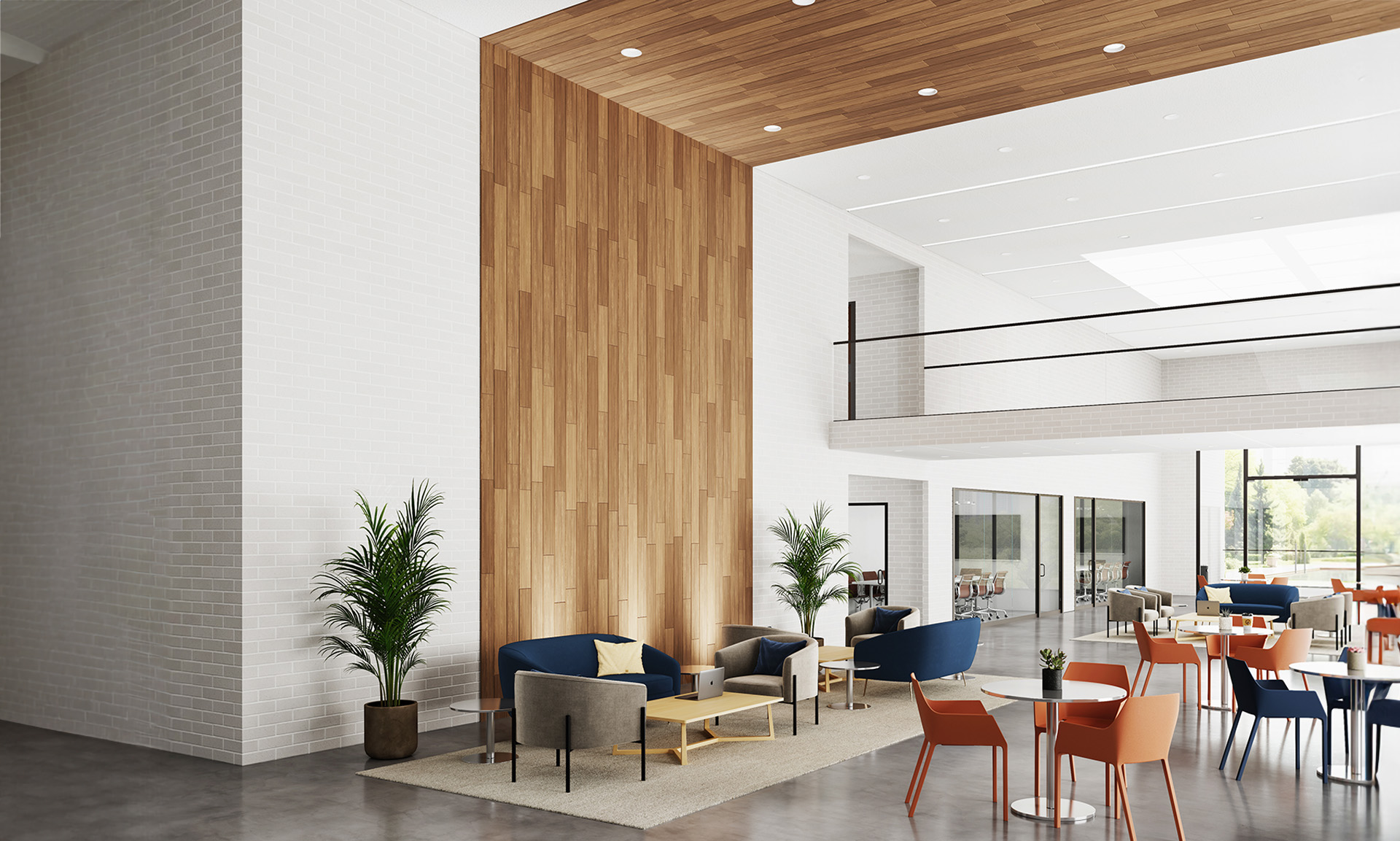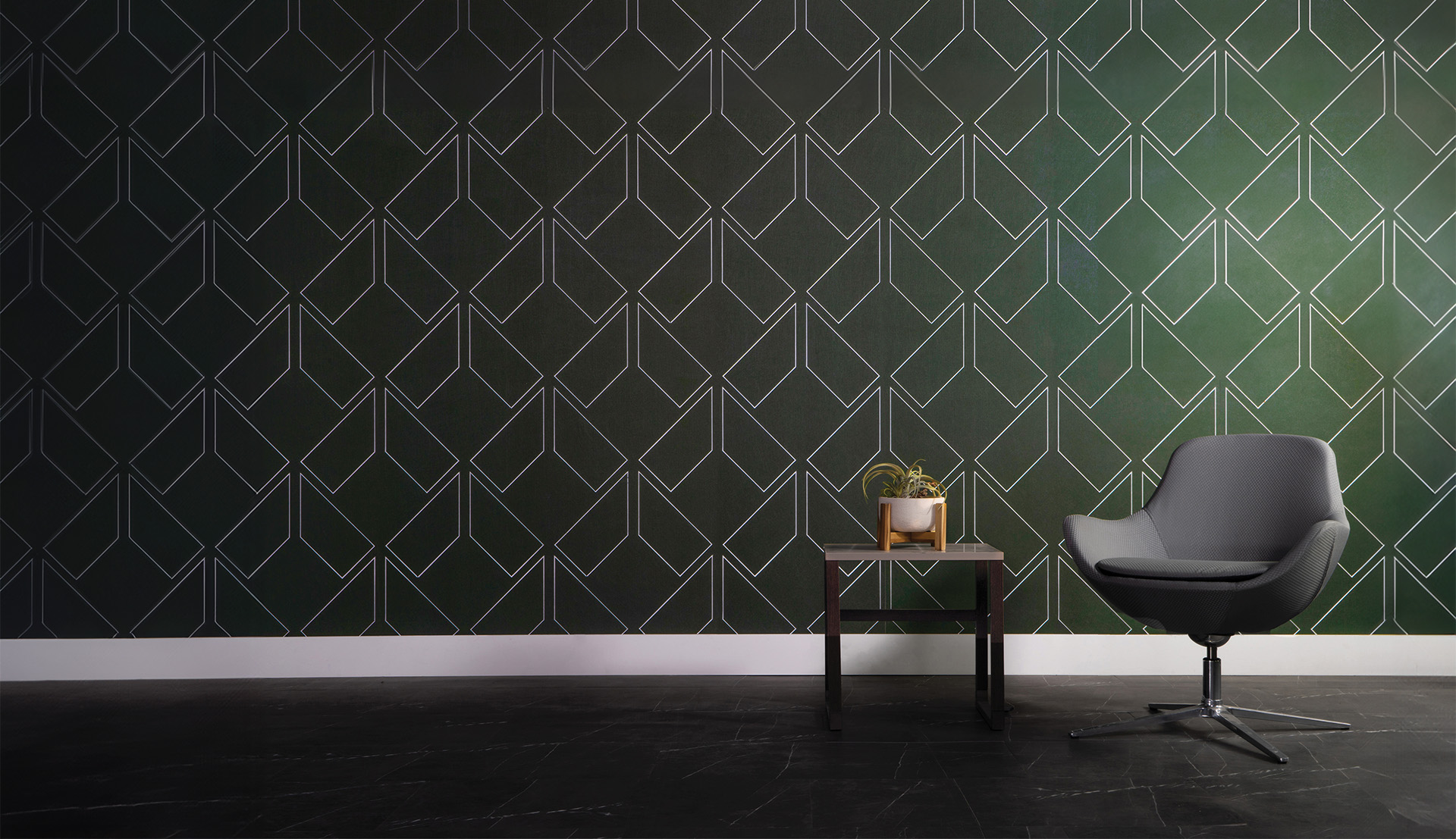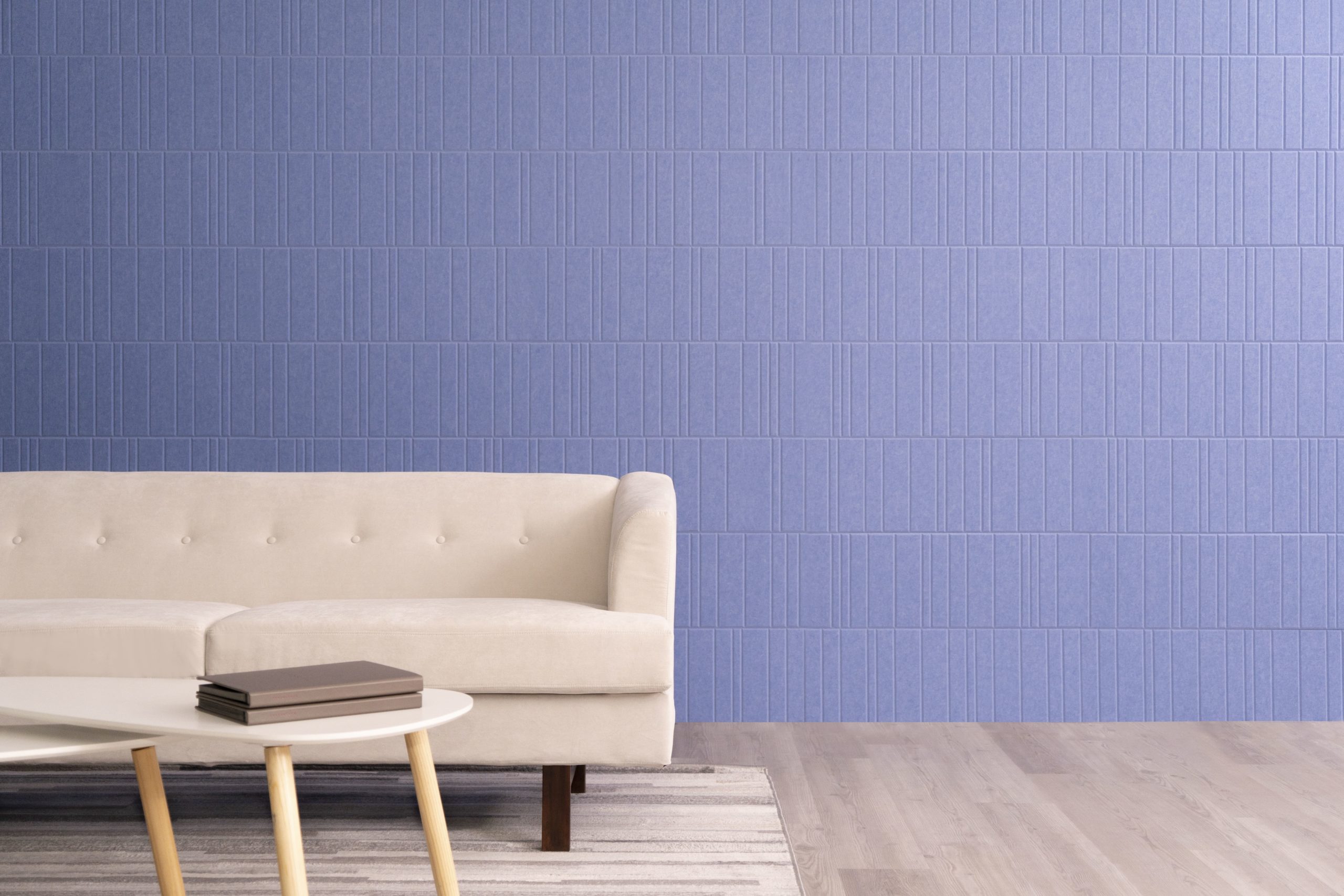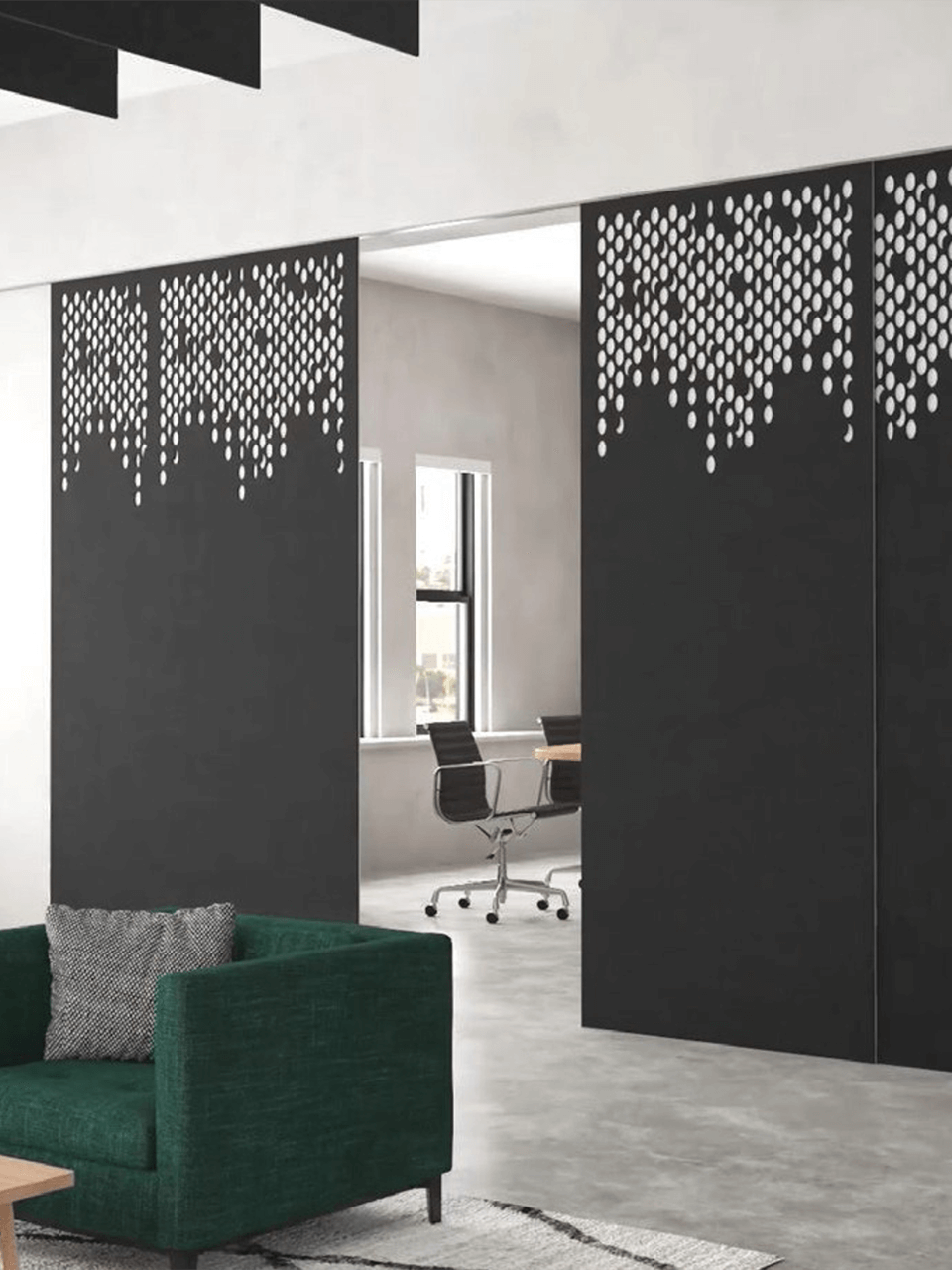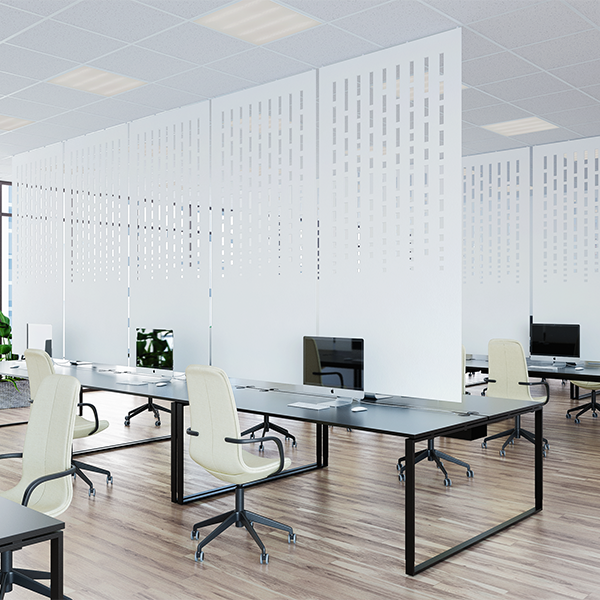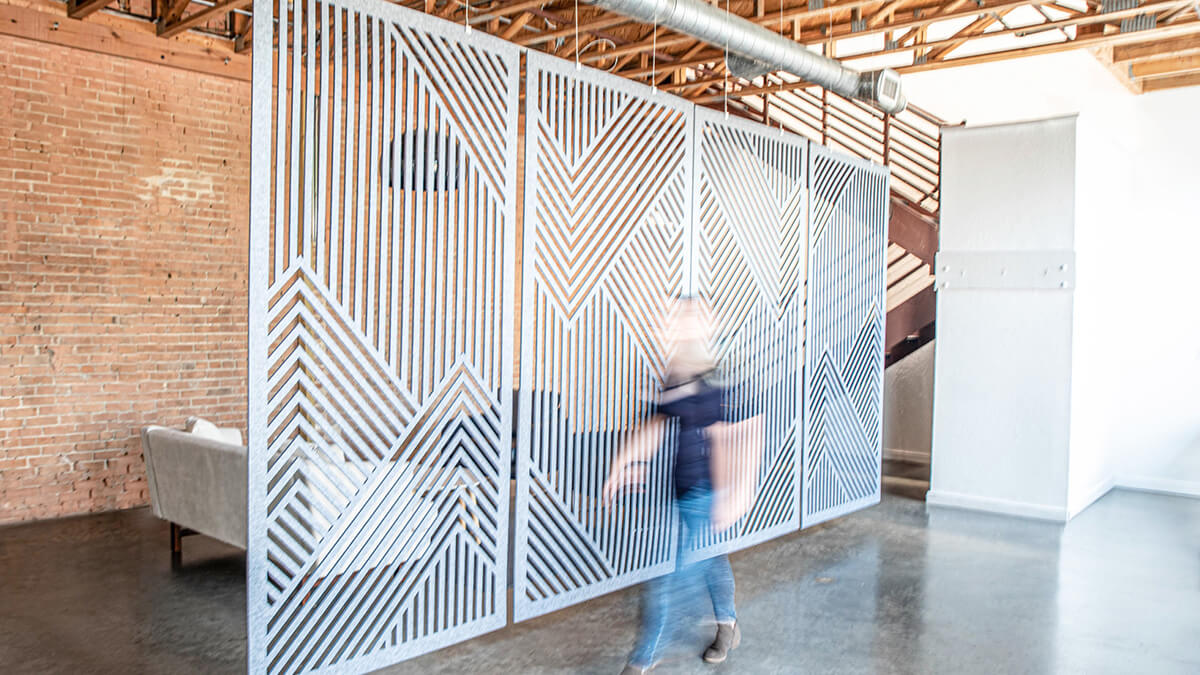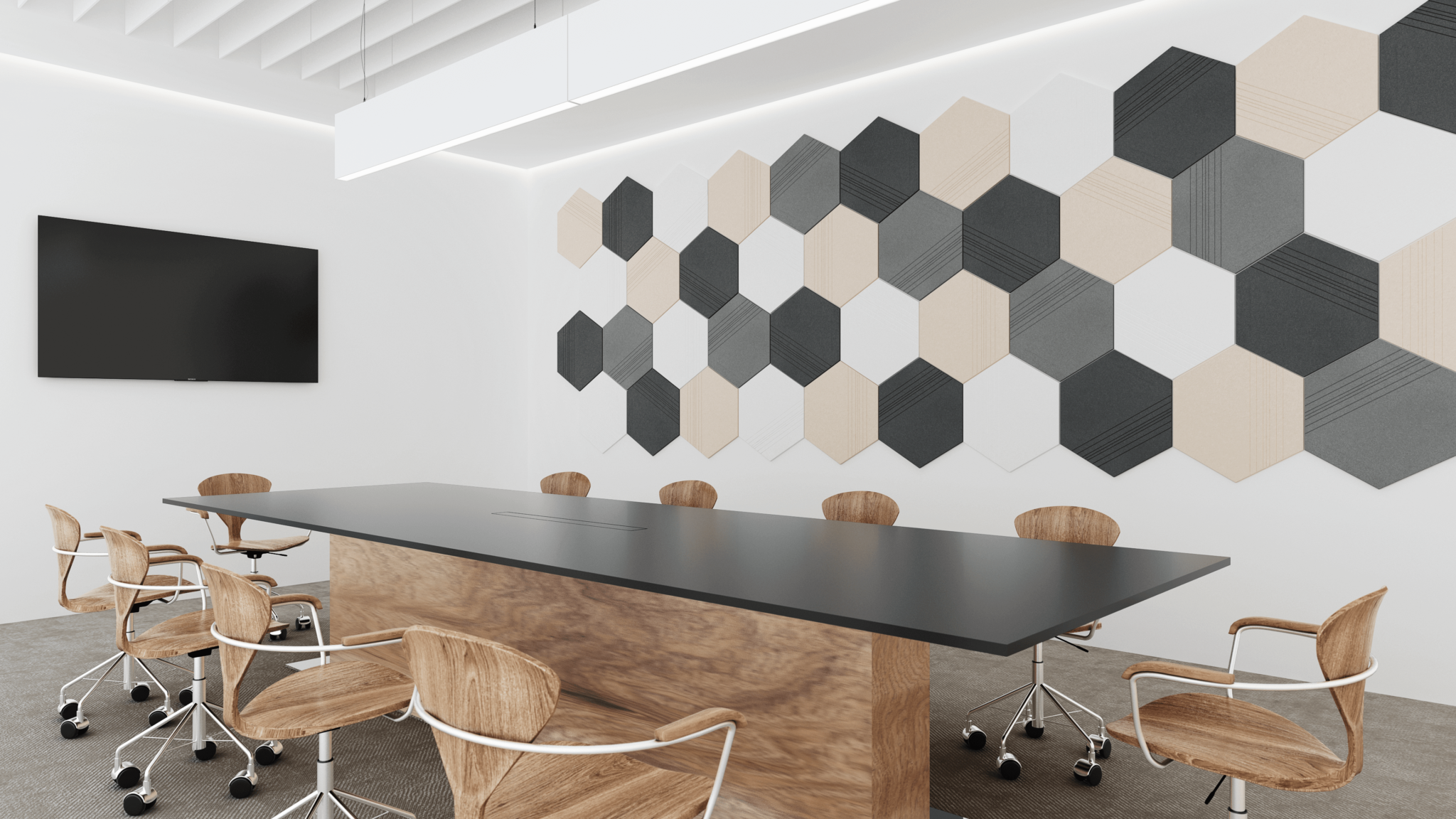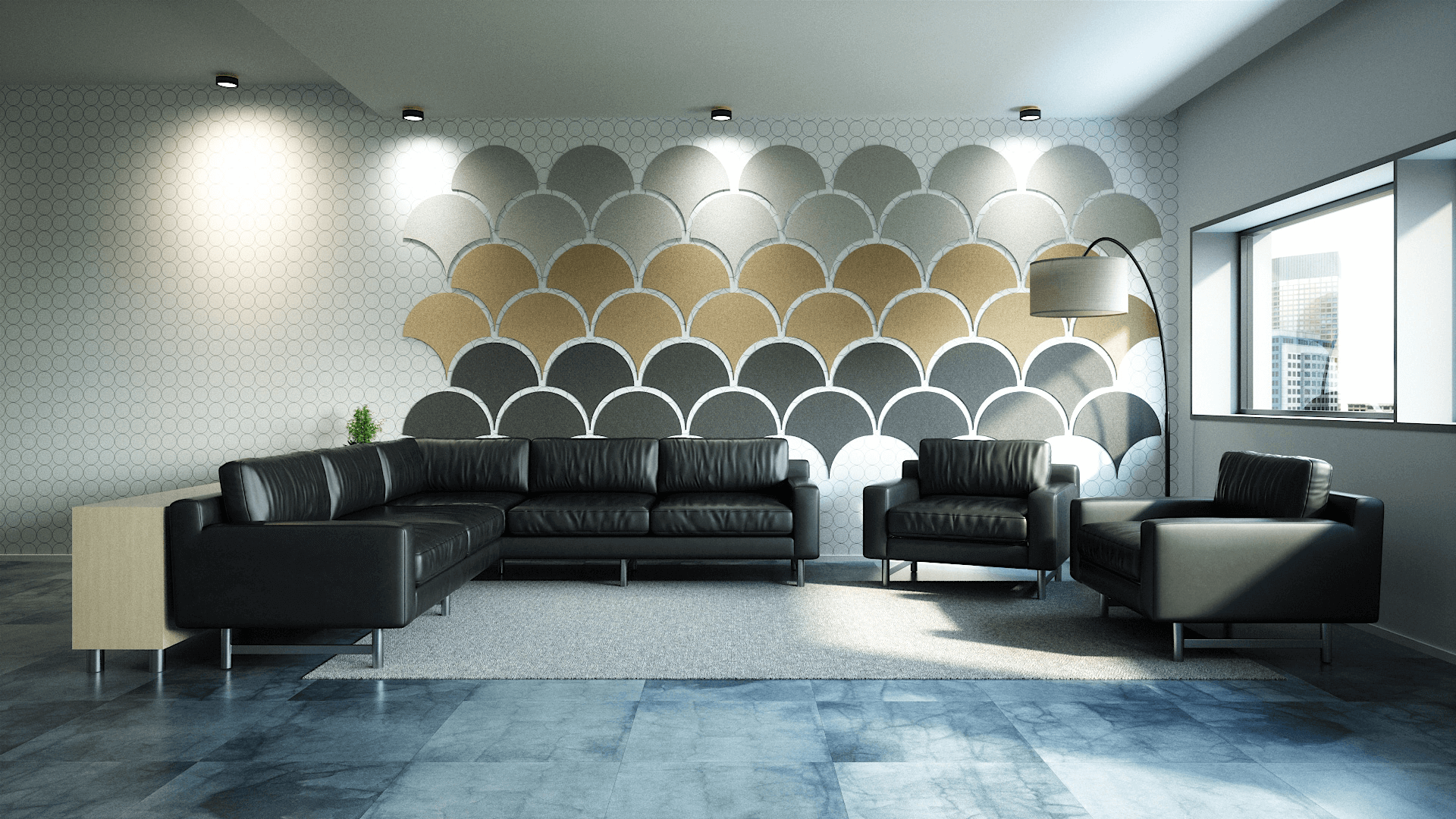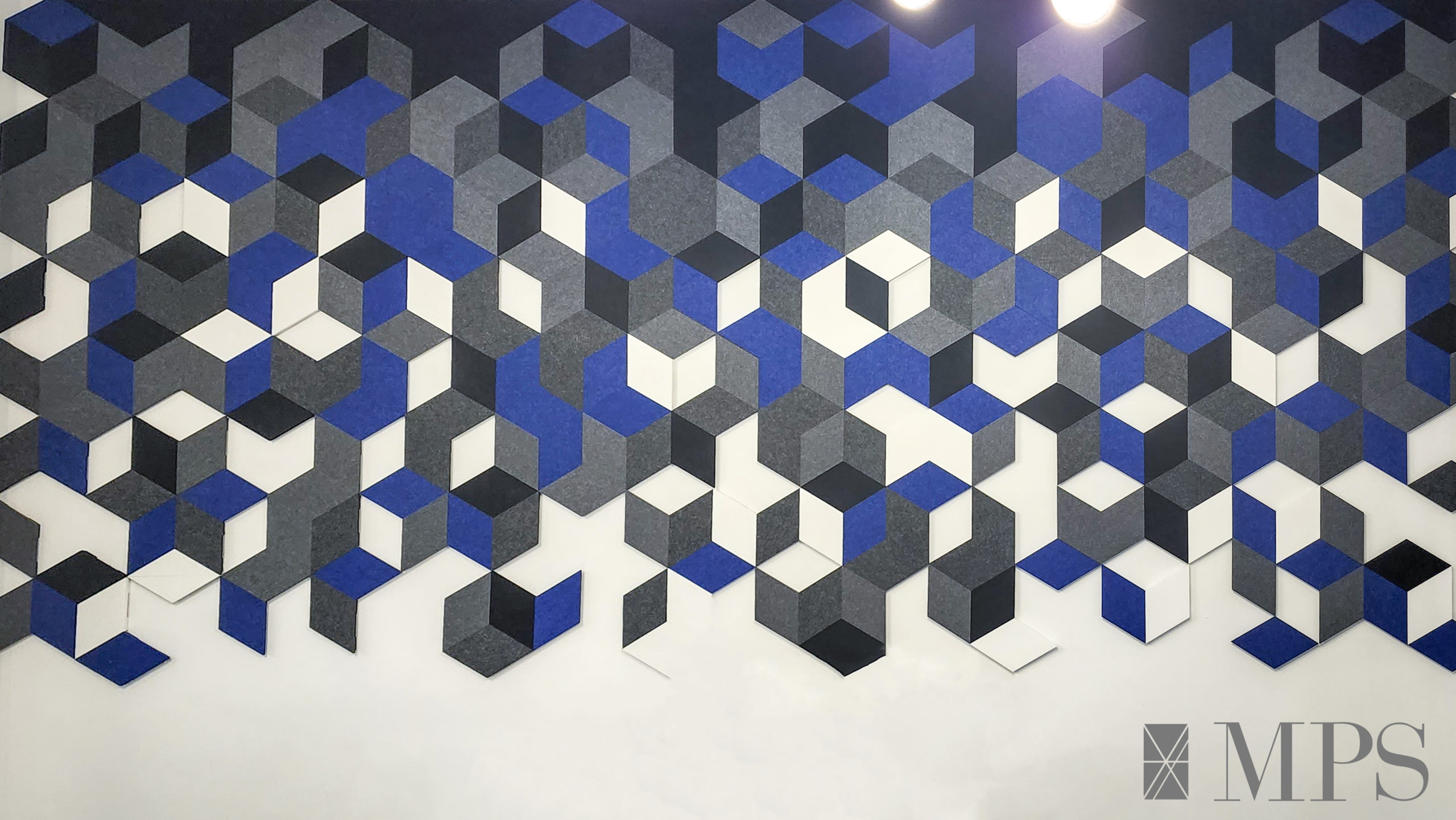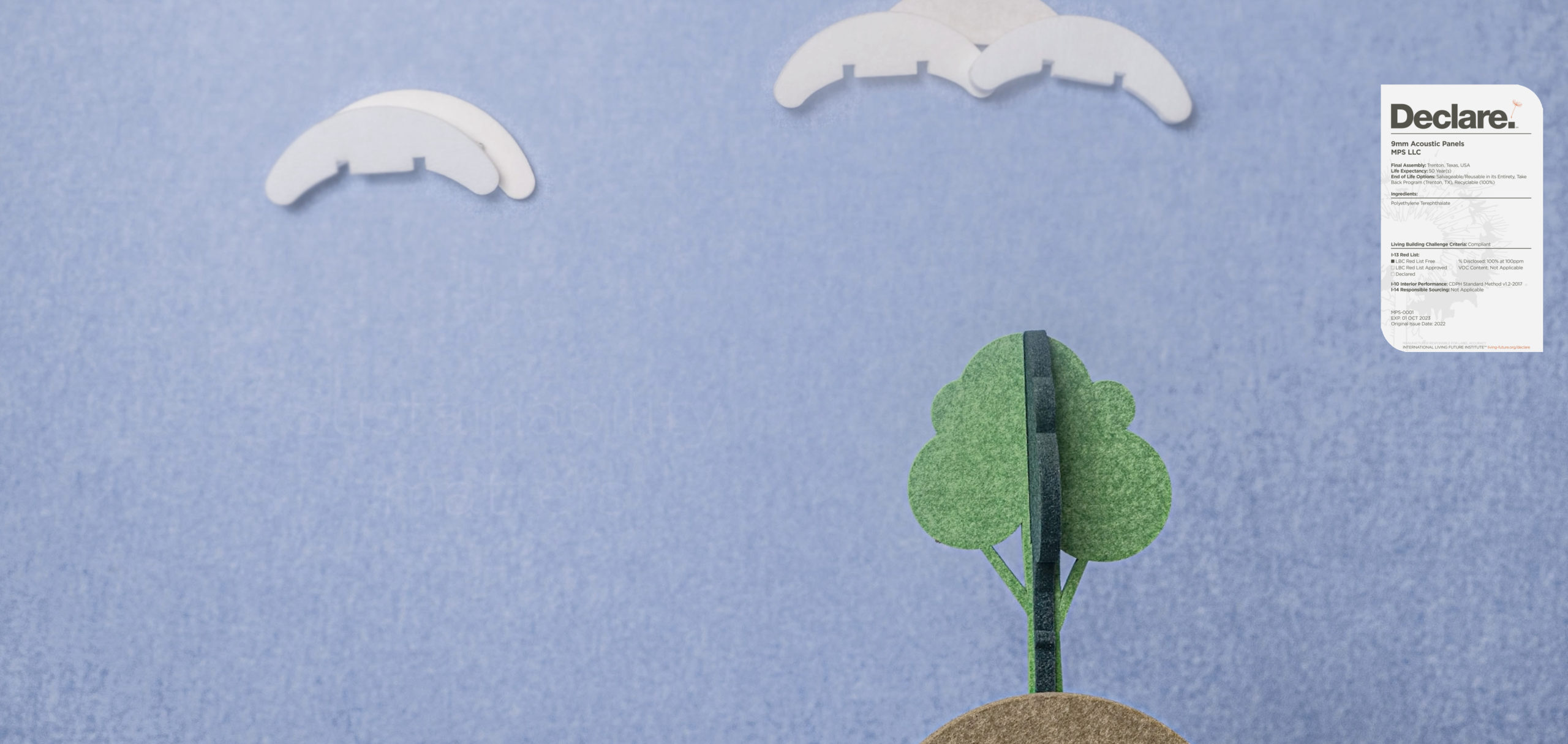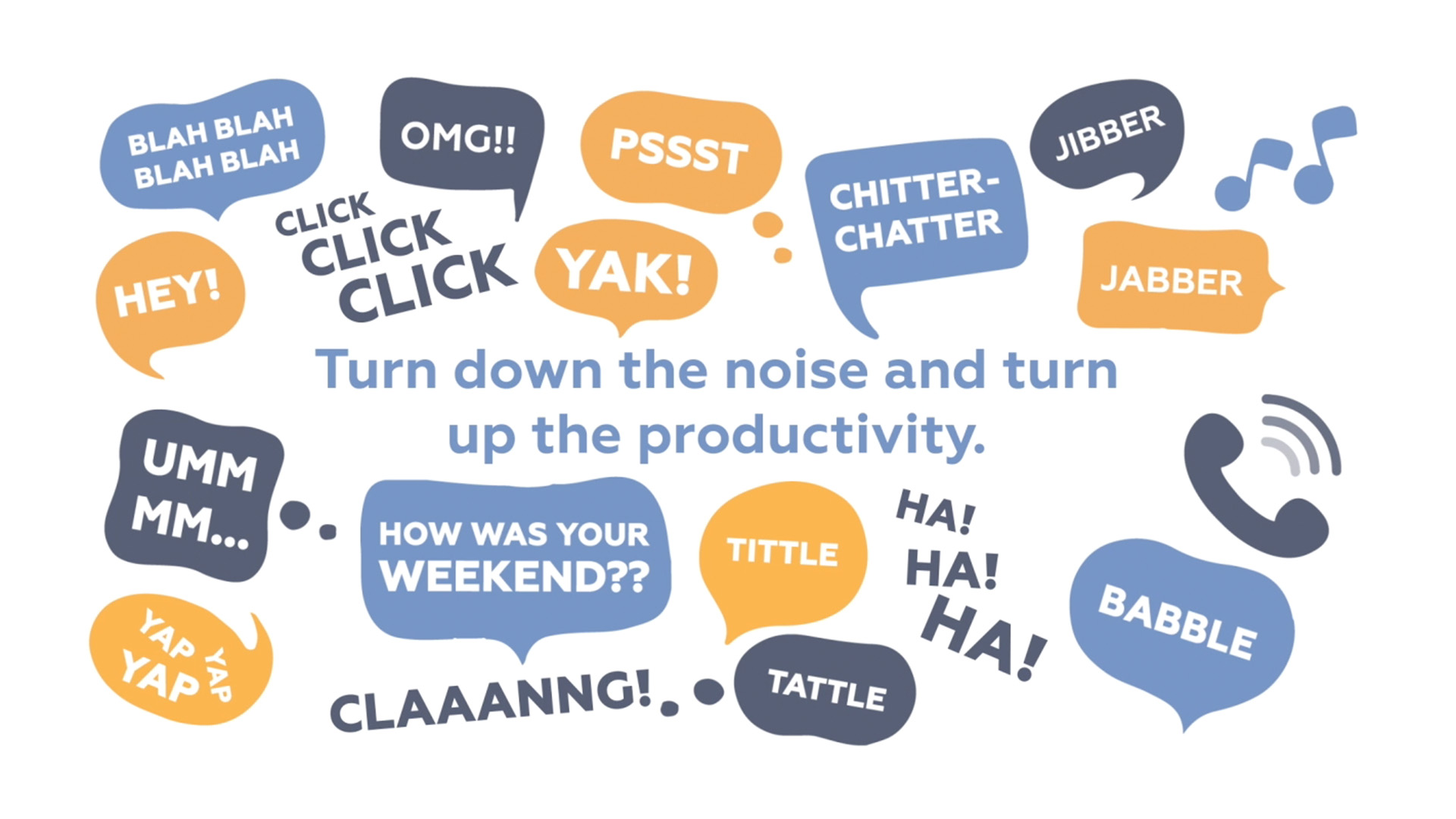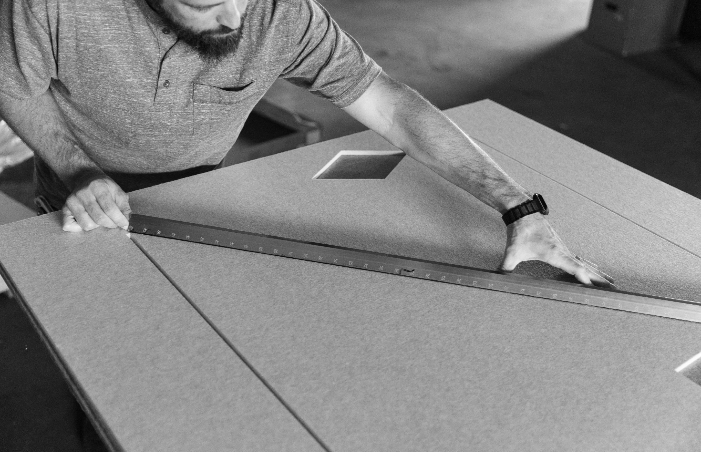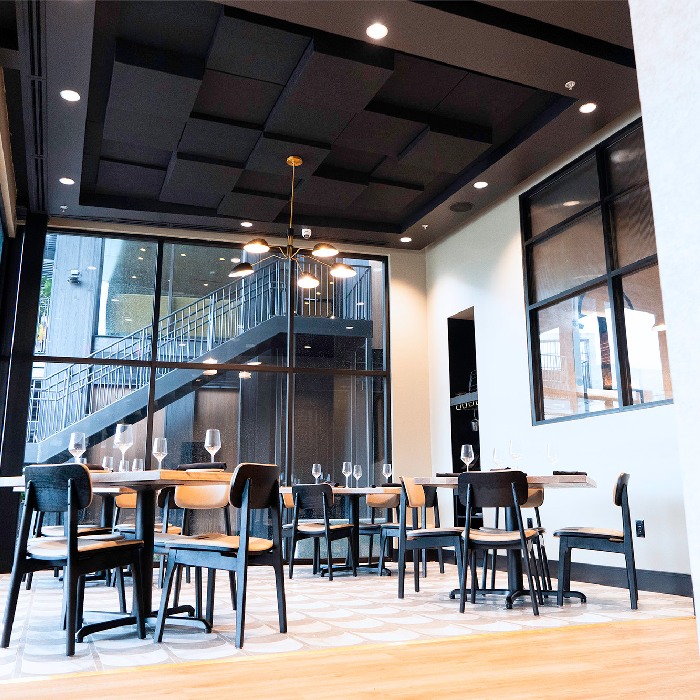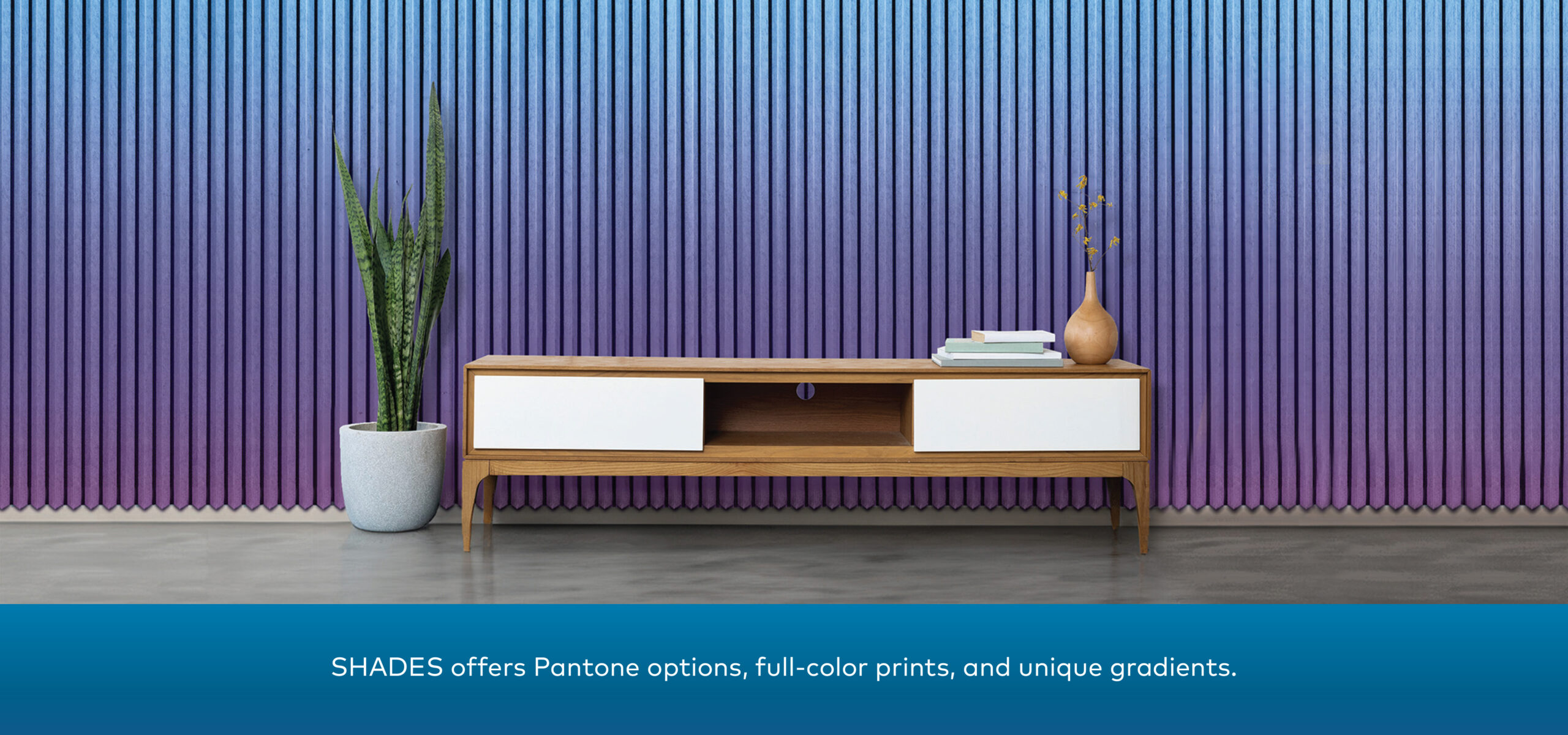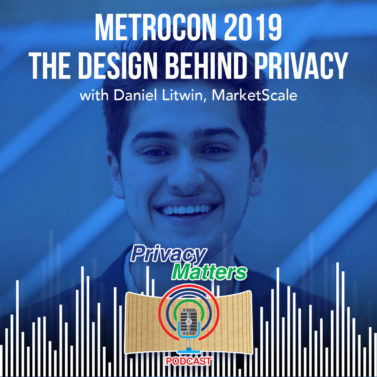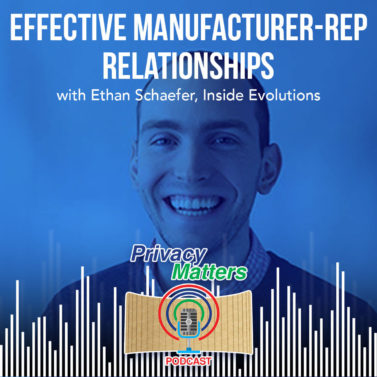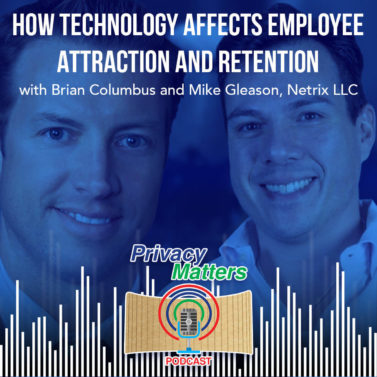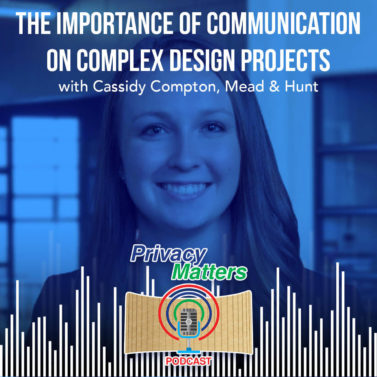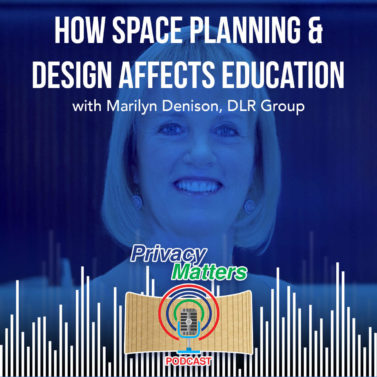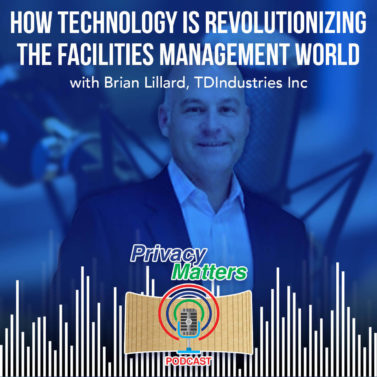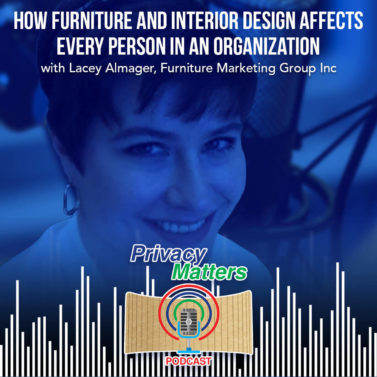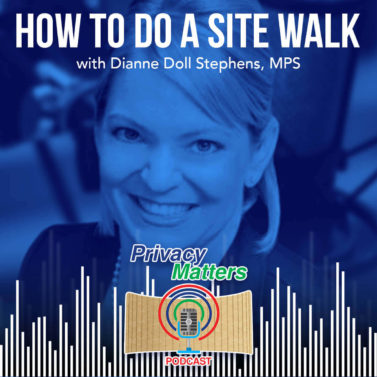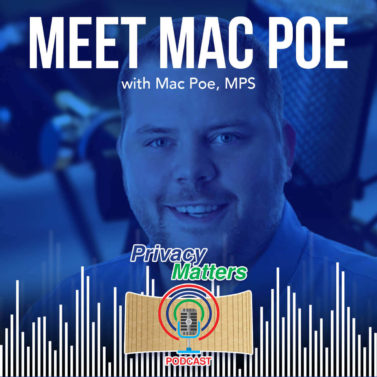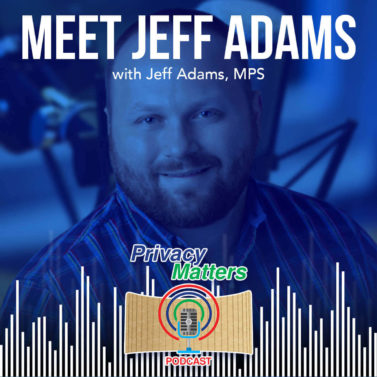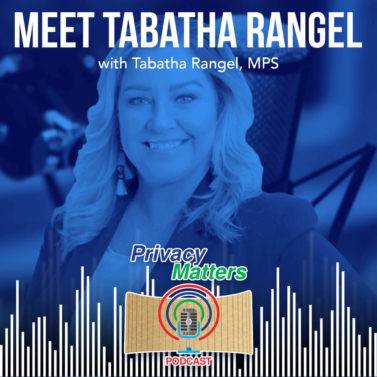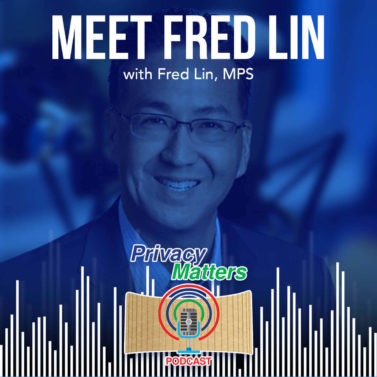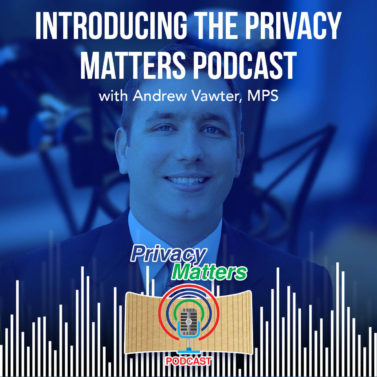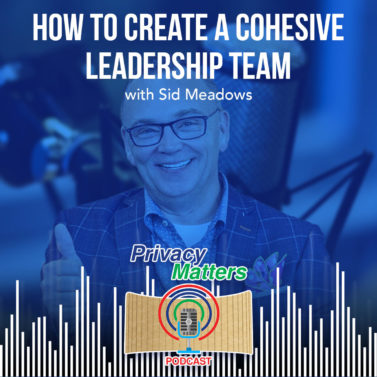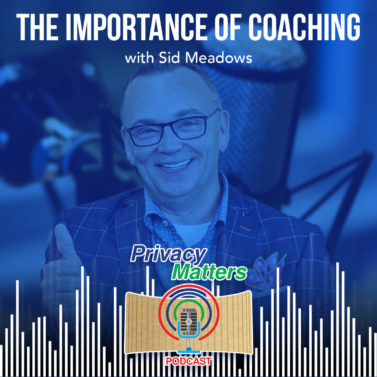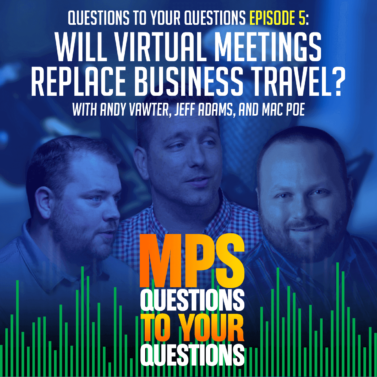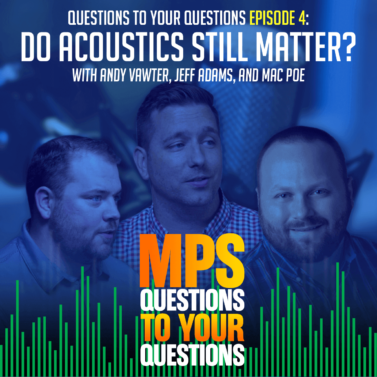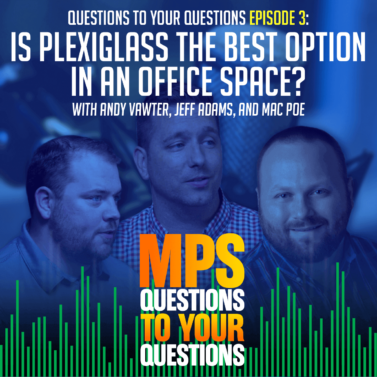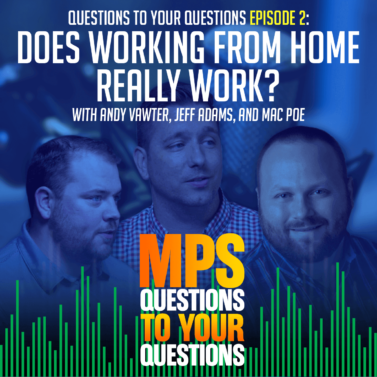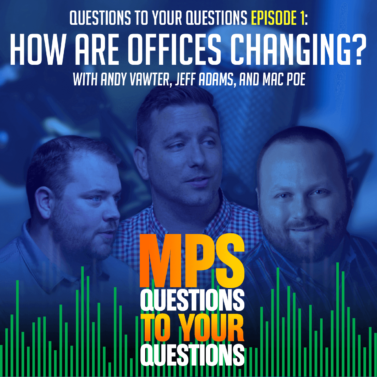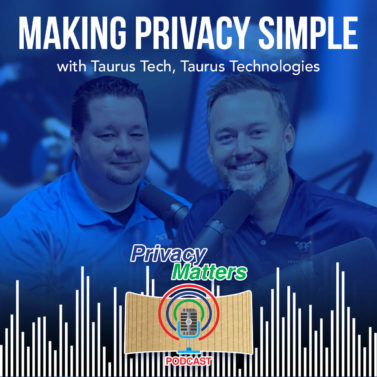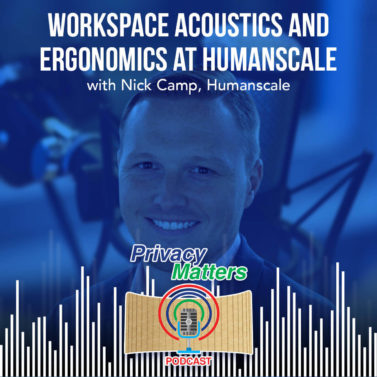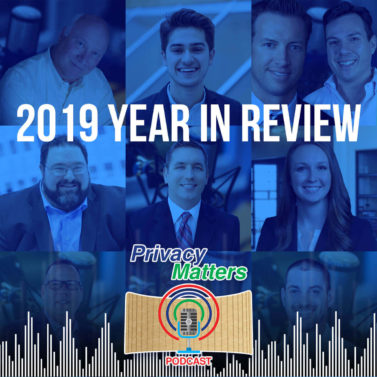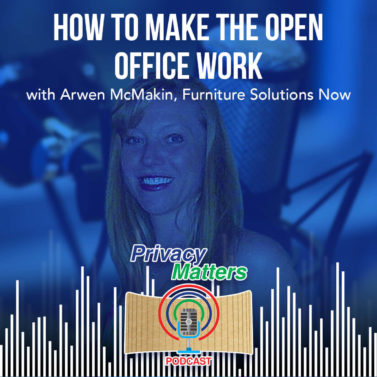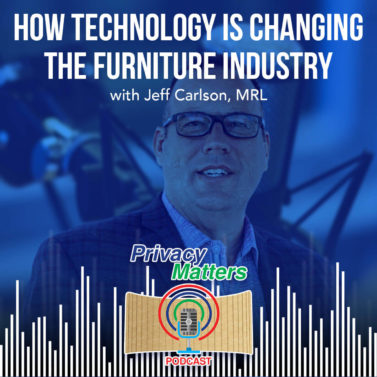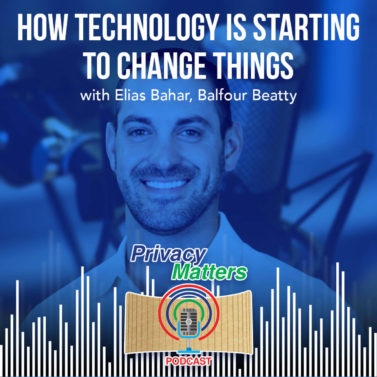Questions to Your Questions Episode 5: Will Virtual Meetings Replace Business Travel?
Andy Vawter, Jeff Adams, and Mac Poe continue the discussion in our latest podcast series, “Questions to Your Questions.”
Andy Vawter [00:18]:
Our next question is one that really impacted me because I travel quite a bit for what we do, and it all stopped. I am so thankful to American Airlines for giving me an extra year because I wasn’t going to get it this year after what happened in March. But the question is, will virtual meetings replace travel?
As an organization, we had others that traveled, but we’ve been pushing hard to get people on video conferences or web conferences for years. We’ve been trying to get customers to do it in lieu of a physical presentation. Obviously, COVID has changed that and made that the only way to do it right now. So what do you guys think, is that going to be the norm going forward? Or is it going to swing back to business travel everywhere?
Mac Poe [01:14]:
I think similar to work from home versus coming back to the office and we talked about the flexibility with both options. I would think the same for this question. Because of COVID everyone works from home and is able to provide solutions almost remotely. Especially with a lot of the furniture dealers I work with, that was the biggest shock. You can’t just store the showroom now ‘cause no one can come in and not allow people in the building. How can I get creative and Zoom meetings, email blasts, and conference calls? How can I keep these solutions in front of people? In that industry, I can’t imagine the dealer’s showrooms. The key to that is in these showrooms. They’re showing all different types, not only different types of products but different types of configurations. Here’s our healthcare set up, here’s our call center and furniture. Some of that is very difficult to come across in a virtual showroom or a Zoom meeting. You really need to be in there and experience that, and, again, acoustical solutions play a huge part in that as well. I do think at the same time with how far we’ve come through COVID. I think a lot of people who may never have done a Zoom meeting. They hate that or whatever the case is. It forced a lot of people to rely on that technology. It could save. You might lose your status with American Airlines, but it could save people specifically company’s money. Instead of having 10 direct people that fly out every weekend or every week, maybe two of those can be relegated to more of an internal meeting instead.
Jeff Adams [02:51]:
I think the comfort and the familiarity with the technology as a whole is just amazing to see how quickly that changed. Mac, you and I have more years now doing and trying to do everything virtually. One of the biggest objections that we would get is: no, I need somebody out here on site. We would beg and plead, let us do it virtually because by nature we can’t go do every appointment. We would run into all of the issues with: I don’t know how to log in, I don’t know how to call. We would always have a plan B and a plan of attack: They’re not going to know how to do this. That’s changed tremendously since March. It’s unbelievable. Everybody has quickly become tech savvy, easy, ready, willing, and able to jump on a call. I’m presenting. I’m doing three presentations a day on average, to groups of 15 people sometimes, and it’s just incredible. I could never schedule that four or five, six months ago.
Andy Vawter [03:57]:
Business travel isn’t going to go away- it’s going to come back and people that travel for a living and need to physically go places are going to start doing that again. It’s the silver lining here that it’s opened up quite a bit of people’s minds saying they can accept an online presentation here and it’s good. We had to force that, or COVID had to force that on everybody, but it does seem that’s going to be something that probably lasts.
Jeff Adams [04:31]:
As we’ve said with other areas of personal interaction, there’s just still something magical about being able to sit down and be able to look somebody in the eyes. It’s probably here to stay for a while, but that there will be a slow transition. Maybe in some kind of a different form, but just getting back to that need of personal contact as well. It’s hard sometimes to keep those relationships going, without being able to sit down and have a drink together – sit down at a coffee shop. I could see it going both ways.
Andy Vawter [05:13]:
Anything you want to add to that?
Mac Poe [05:14]:
I agree and I was thinking about this before. Some of this that I’ve noticed talking to people and there’s a lot of people in the industry that are around my age. 30 or 40-year vets who have been selling furniture or other equipment for that long. Some of it is generational, right? No knock to anybody who’s over the age of 40, but there is a little bit of, “Hey, I want to be able to shake your hand on this. I want to be able to walk to space and look you in the eyes. And to know what you’re saying and what the plan is, and take confidence in that.” To your question, is it going to replace? Absolutely not. I don’t think that’ll be the case at all. It is just temporary. As Jeff’s point, maybe another six-month or eight-month window. We still need to lean on technology a little bit more.
Jeff Adams [06:02]:
I think it could be longer than that. I think that it may look different and maybe it will be more intentional. Not to say that any of us traveled when we shouldn’t in the past, but I think that there will be a lot more thought put into what’s the purpose of me doing this? Am I going to get the ROI?
Andy Vawter [06:22]:
Certainly in the next six months because no one wants to just jump on a plane.
Mac Poe [06:25]:
Some of its geography too. There’s going to be certain areas where that’s going to be put on pause until that state. Those numbers go down a little bit. But maybe the Montana trip is worth it right now. Especially in the next six months, that’s going to play out big. I’ve been talking to dealers and partners in different parts of the country. I called New York City four months ago. That was a different conversation than calling somebody in Northern California. Maybe were some of the cases are starting to drop. So I think that’ll play a pivotal role too. Sure.
Jeff Adams [07:03]:
As I say one other point to consider here is the fatigue factor. We all are hitting it. I’m probably there right now with the Zoom fatigue. There’s something about those calls that can just drain the life out of them.
Andy Vawter [07:19]:
That’s so true. The other day, we had a Zoom call with our school with administration and the parents. Tons of people are on the screen and they were saying what they were planning to do this Fall. My wife and I were sitting there and I had just found I had four Zoom calls that day at work, in my home office, the same computer, and I just nudged her. I was like, “You’re going to give me the lowdown on this cause I can’t. I just cannot do this.” So I went and hung out with the kids and was like, tell me what they say cause I’m done. Like, I was Zoomed out for the day and I can’t let this creep into being a parent at a school. I can’t do it. It’s impossible. I can just tell you from a guy that does get out a lot but also does Zoom calls. I think there’s probably a lot of push to get back out and physically go places. But I love the fact that Zoom has now become people who don’t fiddle around with it as much. So there’s fewer tech problems to get set up when that is a necessity. Again, there’s going to be some good things that come from this that kind of help everybody. But we’ll see, we’ll see.

